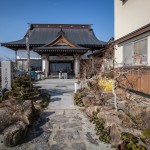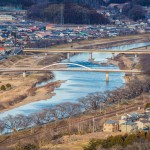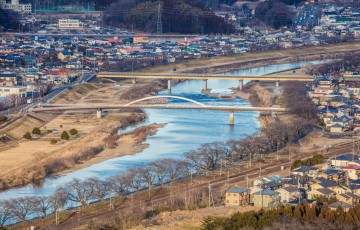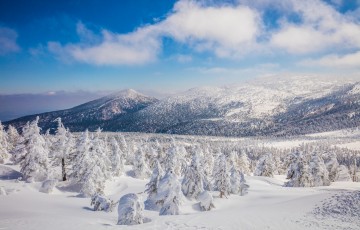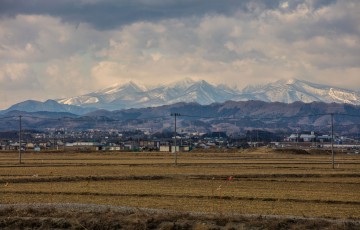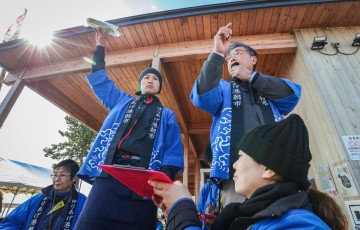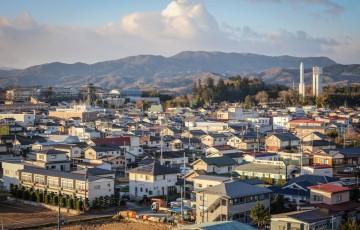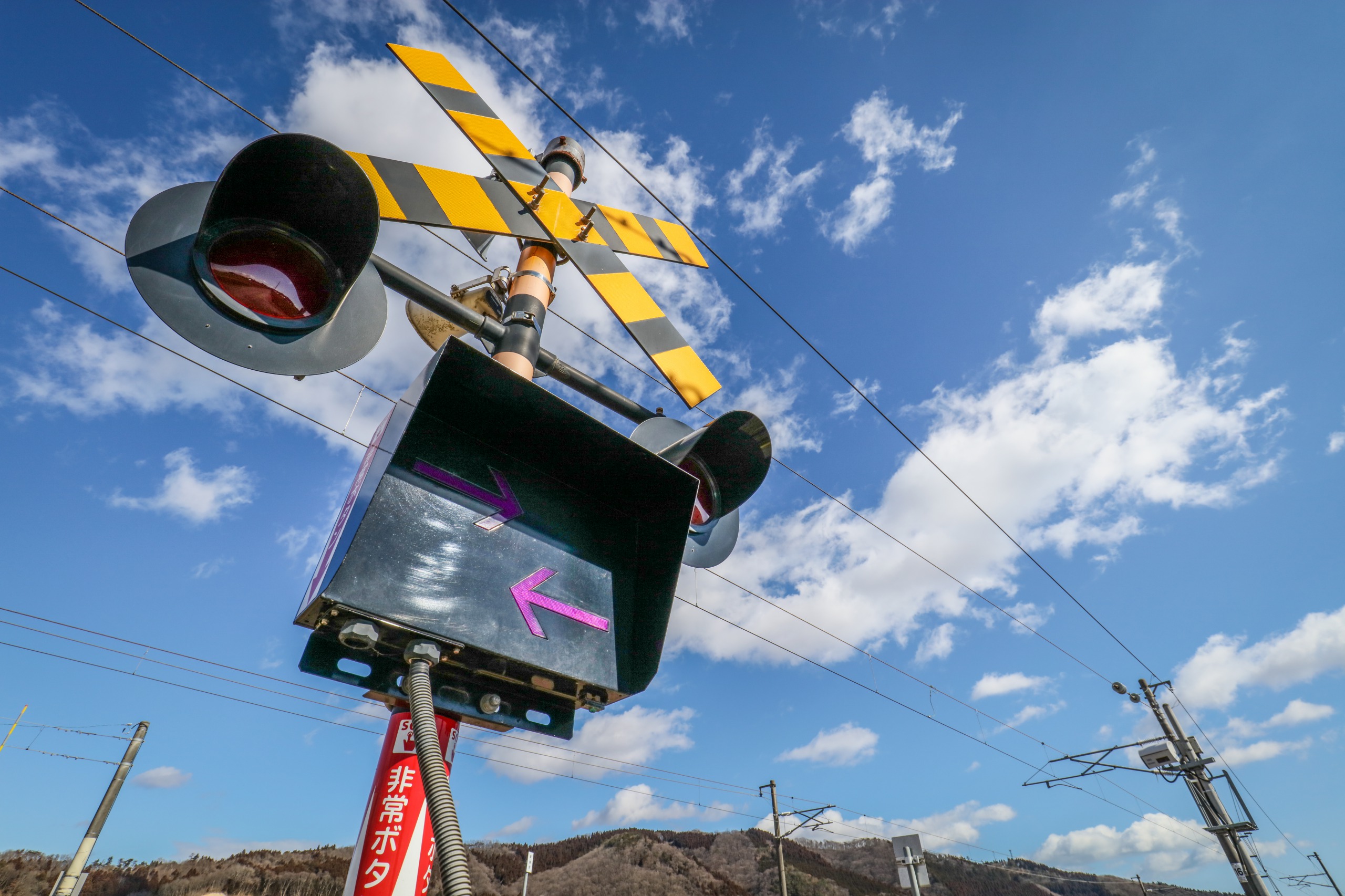
Most of the time I write my travel log in a time order, but today I decide to write it in a reverse manner.
Night View from Funaoka Castle Ruins Park-Three Towns with Cosmopolitan View
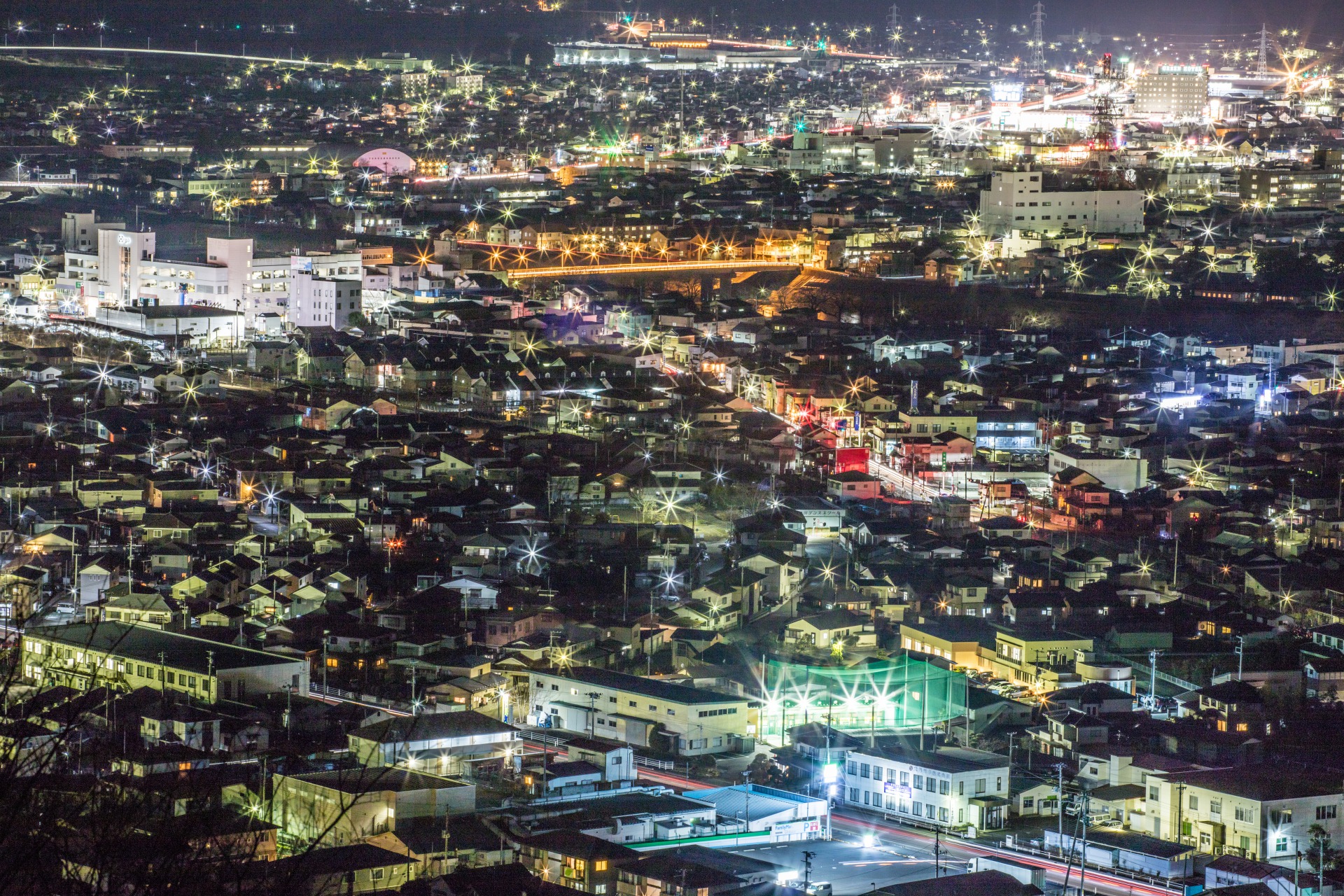
As I am writing in a reverse order, let’s start with the magnificent night view from Shibata City. Please note, it is the night view FROM Shibata Town, which does not have to be the night view OF Shibata Town. As we could see three different towns from the mountaintop of Funaoka Castle Ruins Park (船岡城址公園), the night views in the following passages including Shibata Town, Ogawara Town and Murata Town.
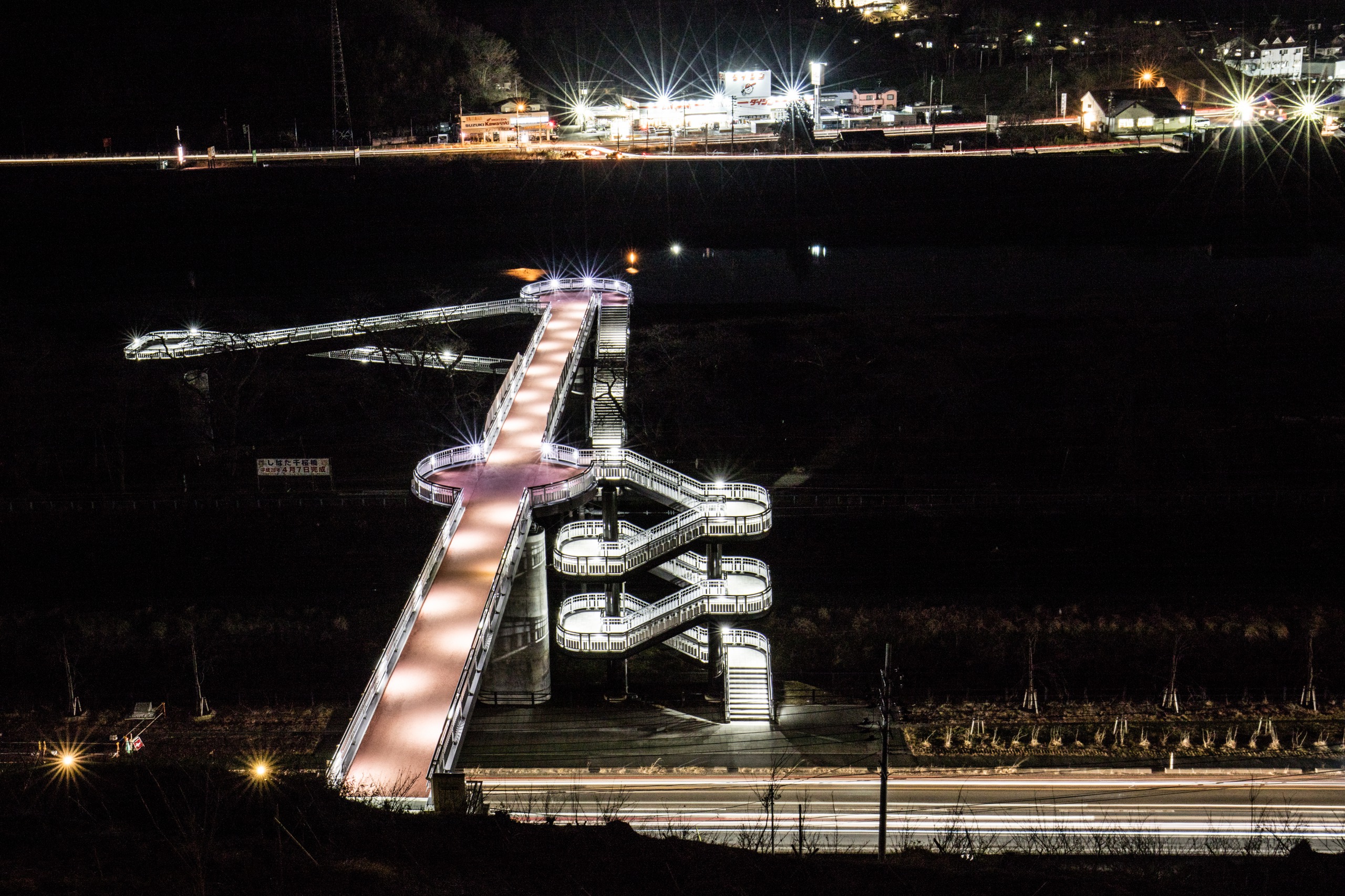
The first night view image is about the Thousand Cheery Blossom Bridge we discussed yesterday. It was specially designed for tourist to walk across the Shirioishi River bank while enjoying the cherry blossoms.
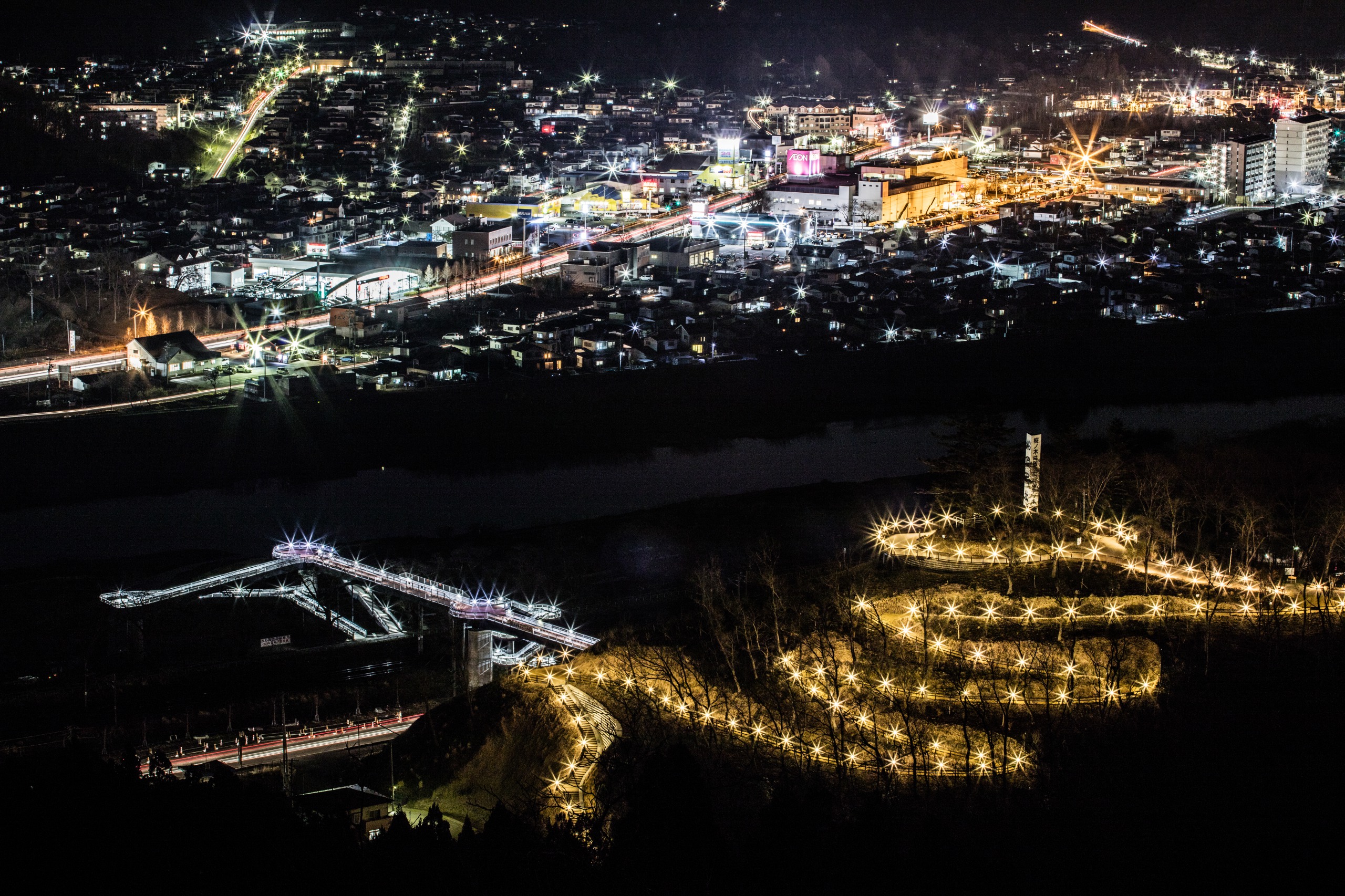
The second night view image is Murata Town, with the Thousand Cheery Blossom Bridge and the night trails of Funaoka Castle Ruins Park as the foreground.
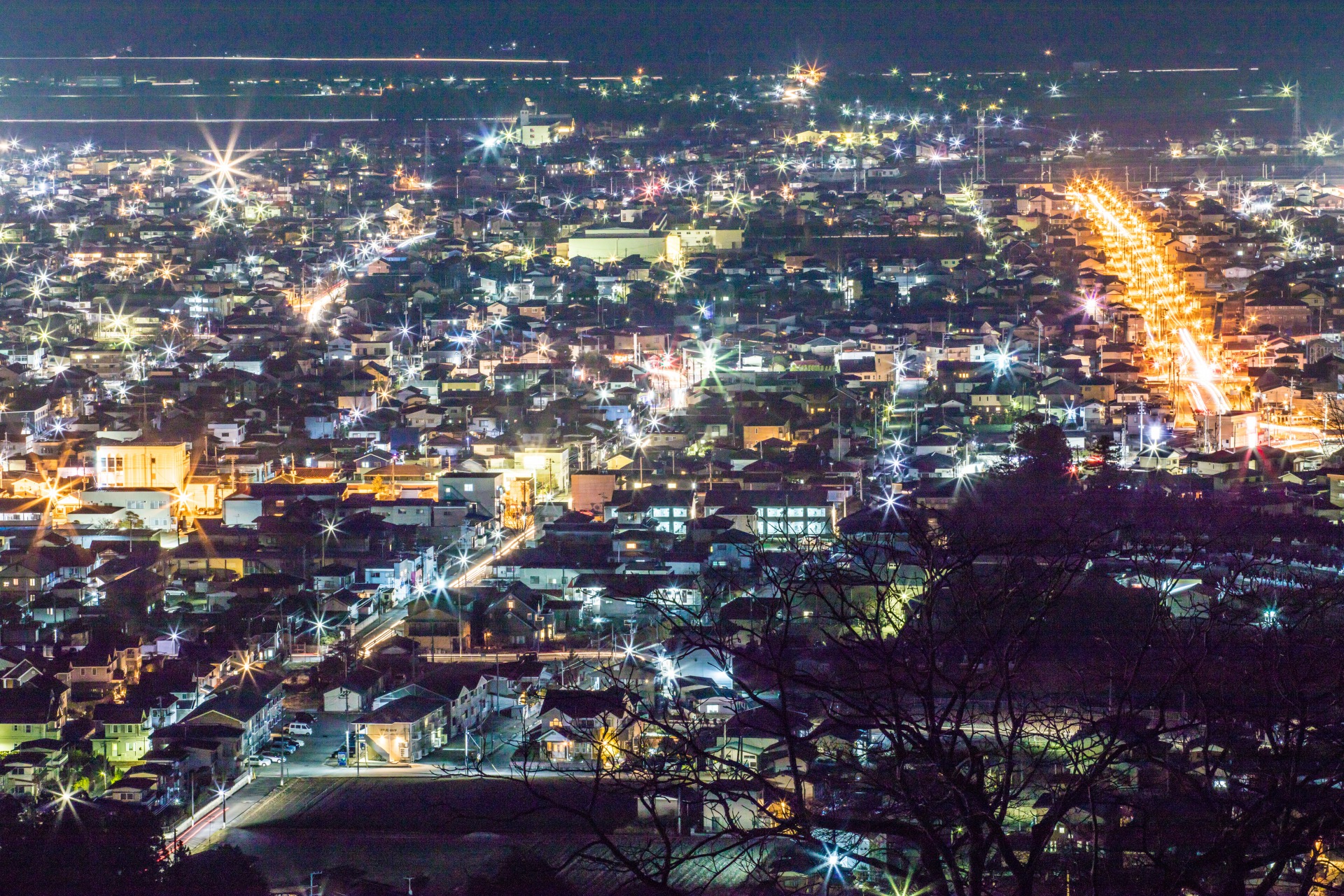
The third night view is Shibata Town: can you tell which part I am taking pictures of?

The fourth night view is Ogawara Town, who says Tokyo has the best night view in Japan?
太陽の村-The Highest Lookout in Shibata Town
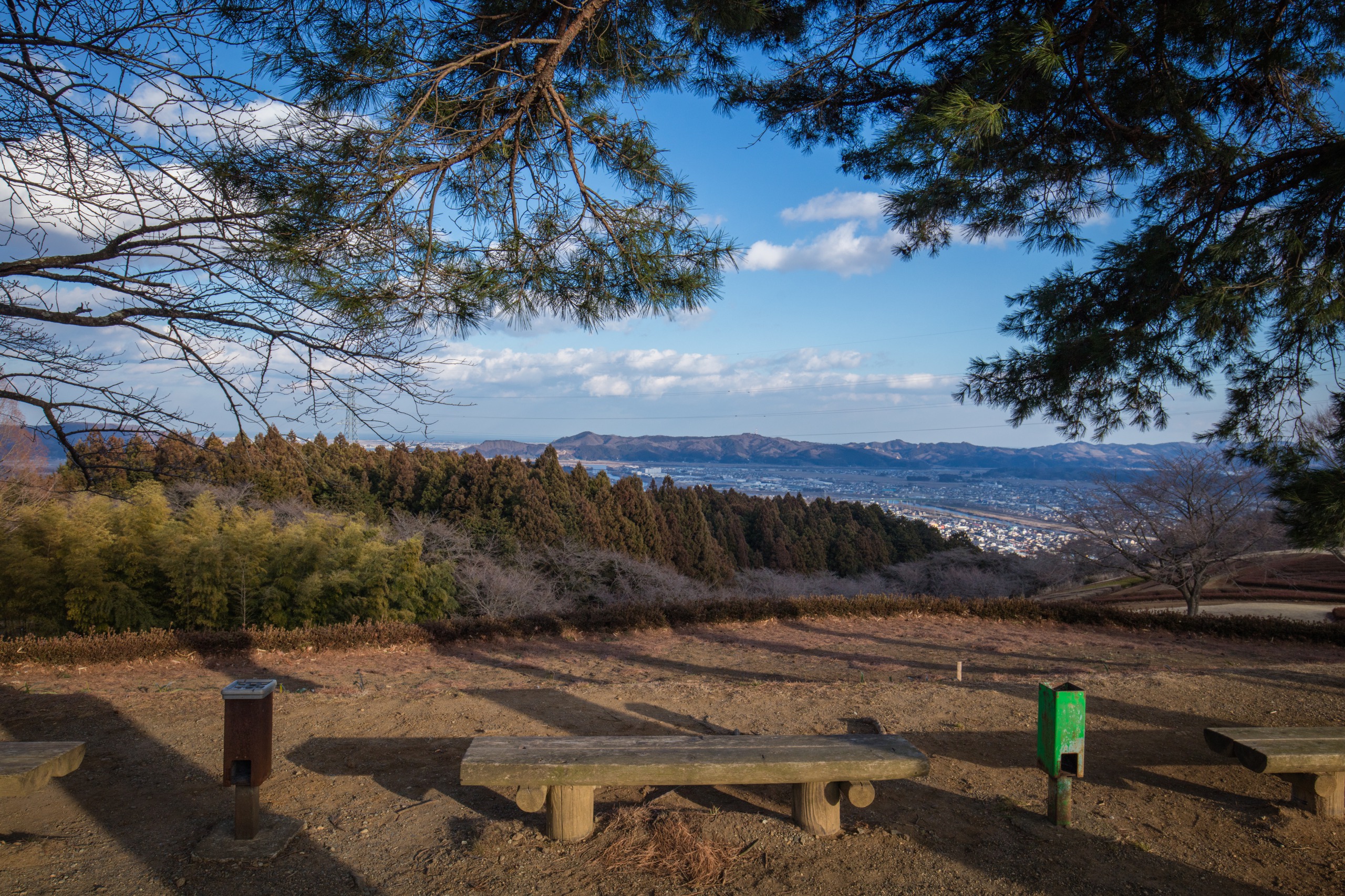
Except the Funaoka Castle Ruins Park, another spot of height in Shibata Town is the Sun’s Village (太陽の村). Building on the mountaintop, it is actually higher than the Funaoka Castle Ruins Park.
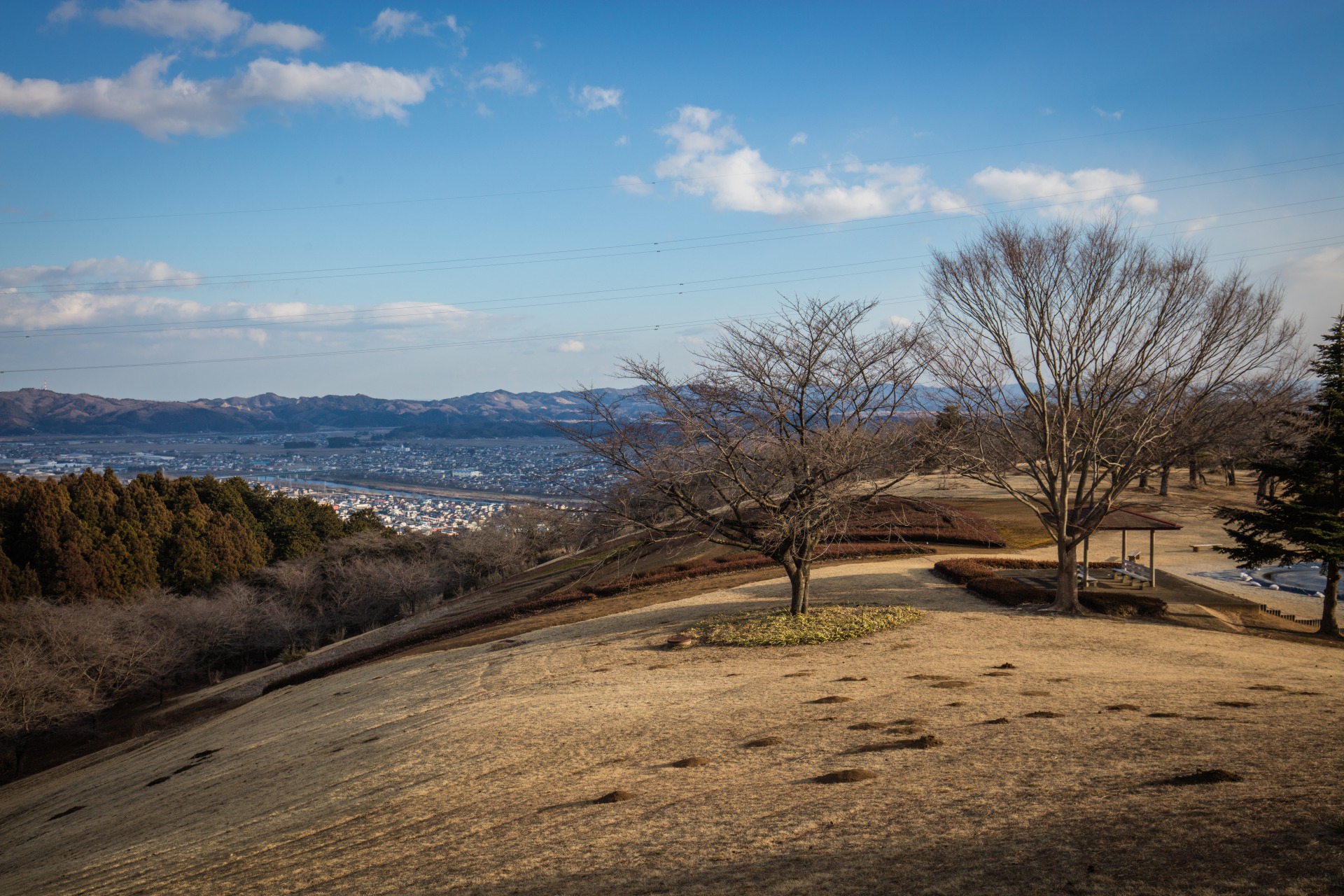
I went to the Sun’s Village at the sunset this afternoon. The Sun’s Village has over 600 cherry blossom trees, thus it is another hot place to visit in Sakura seasons.
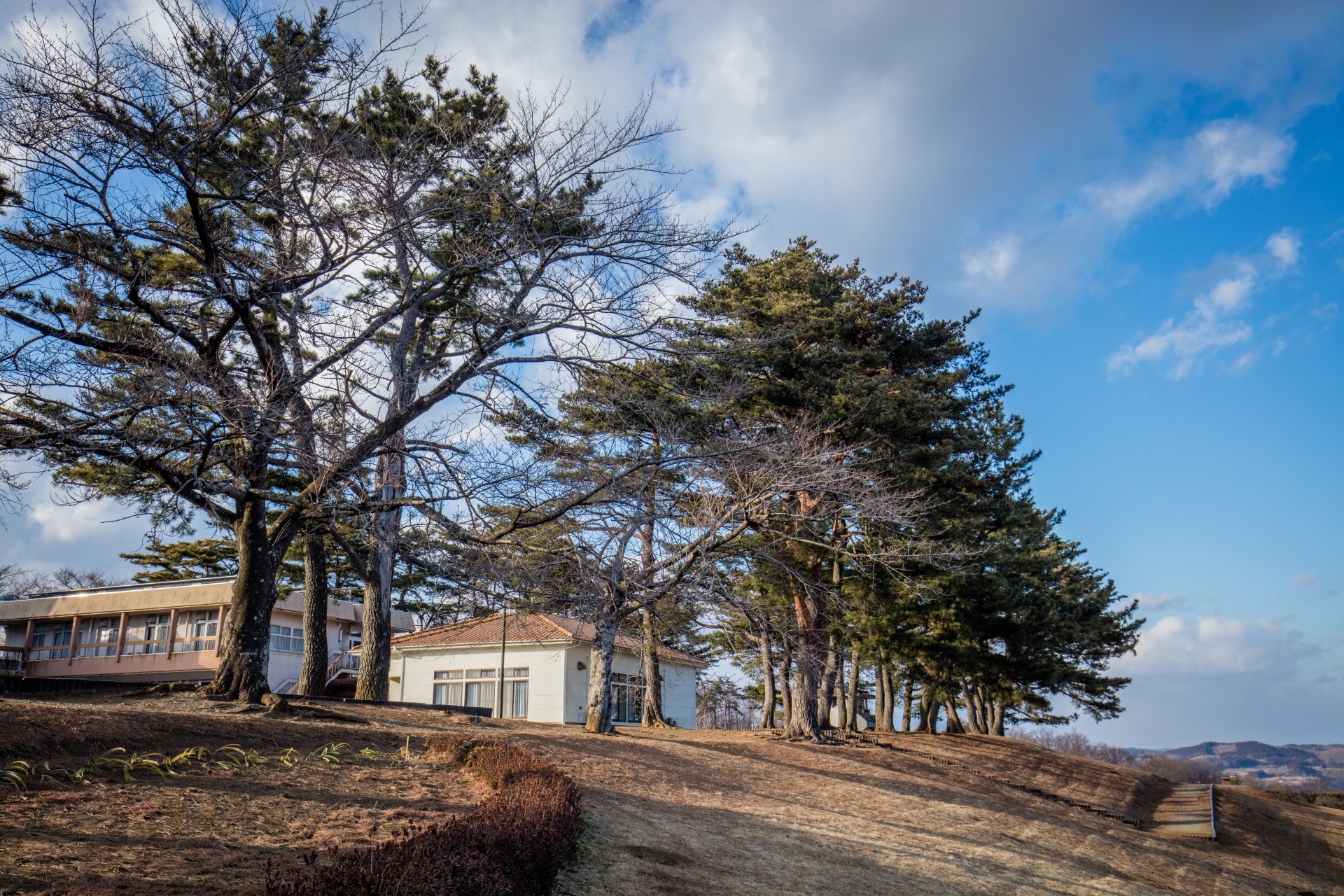
The Sun’s Village has an open view of the city underneath. In fact, the mountain top of the Sun’s Village is so high, it gives me a flight view from the top down. The address of 太陽の村 is as follows.
The Bamboo Forest of Shibata Town-The Bambo “Factory”
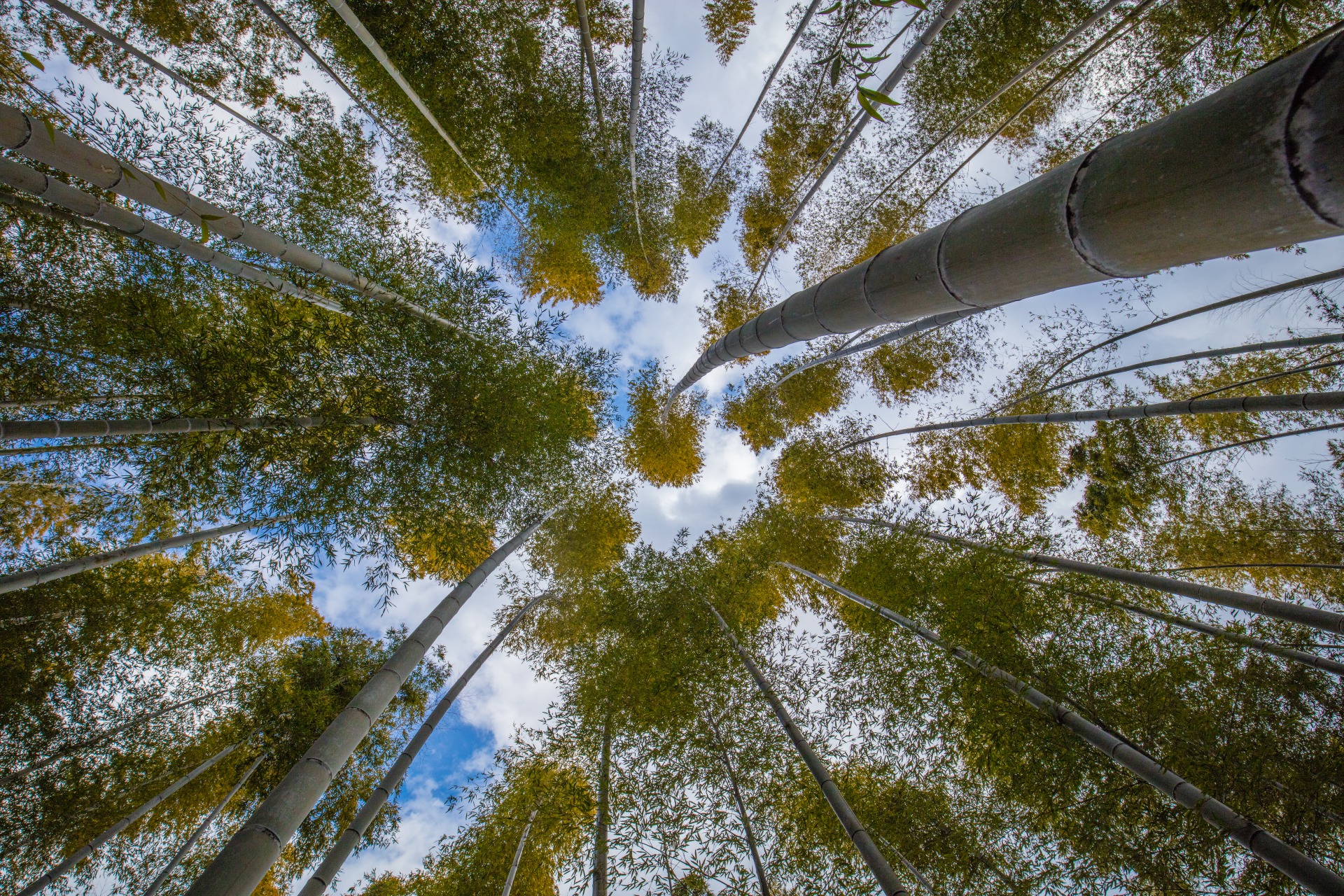
Bamboo is a powerful plant with multi functions. Some part of bamboo can be used for food, while the other parts have different uses.
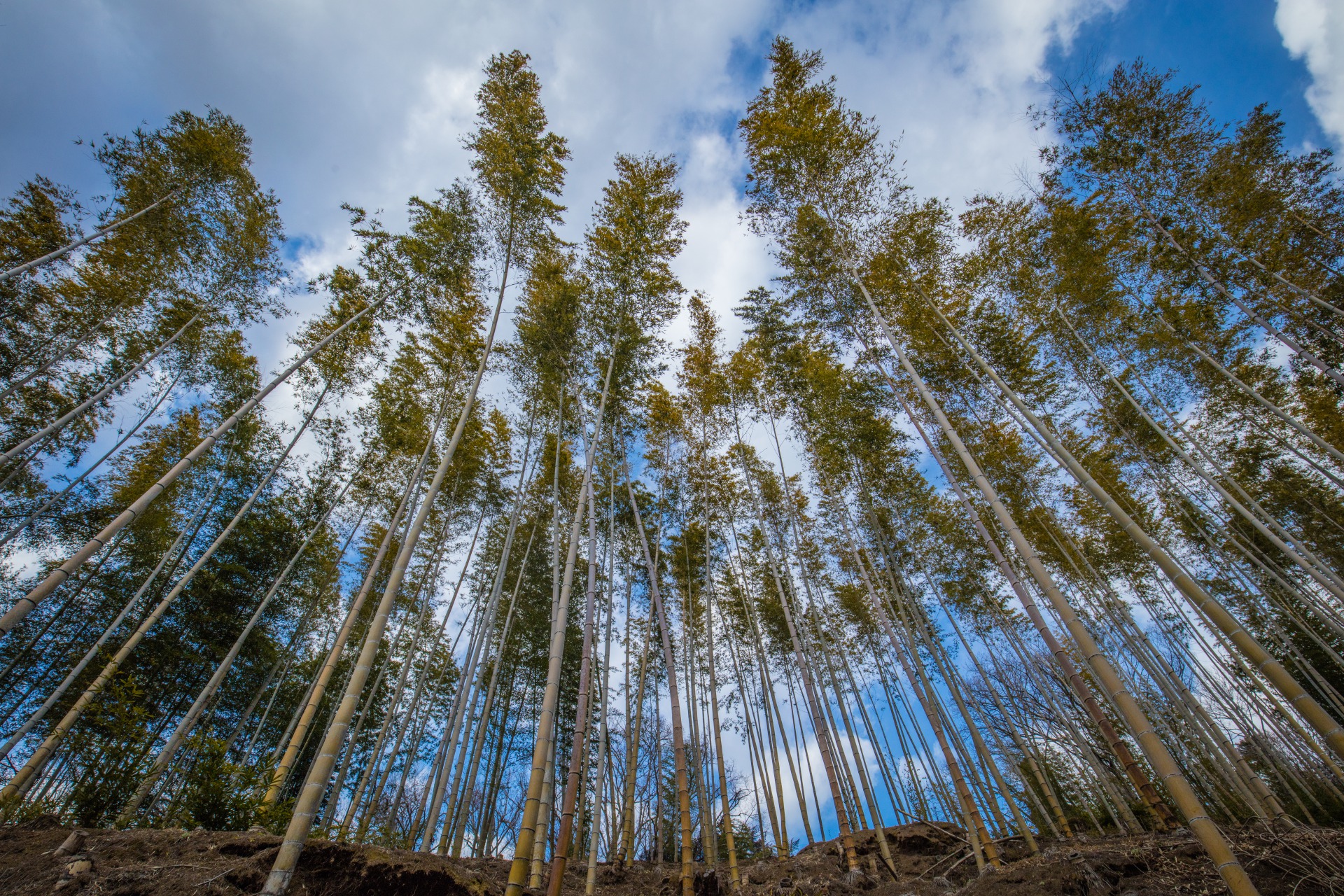
The Bamboo Forest in Shibata Town is a hidden place, deliberately cultivated by experts to plant bamboos. The soil for the Bamboo is covered by the leftover of the old bamboos to keep the temperature. And the road in the Bamboo Forest is rather soft.
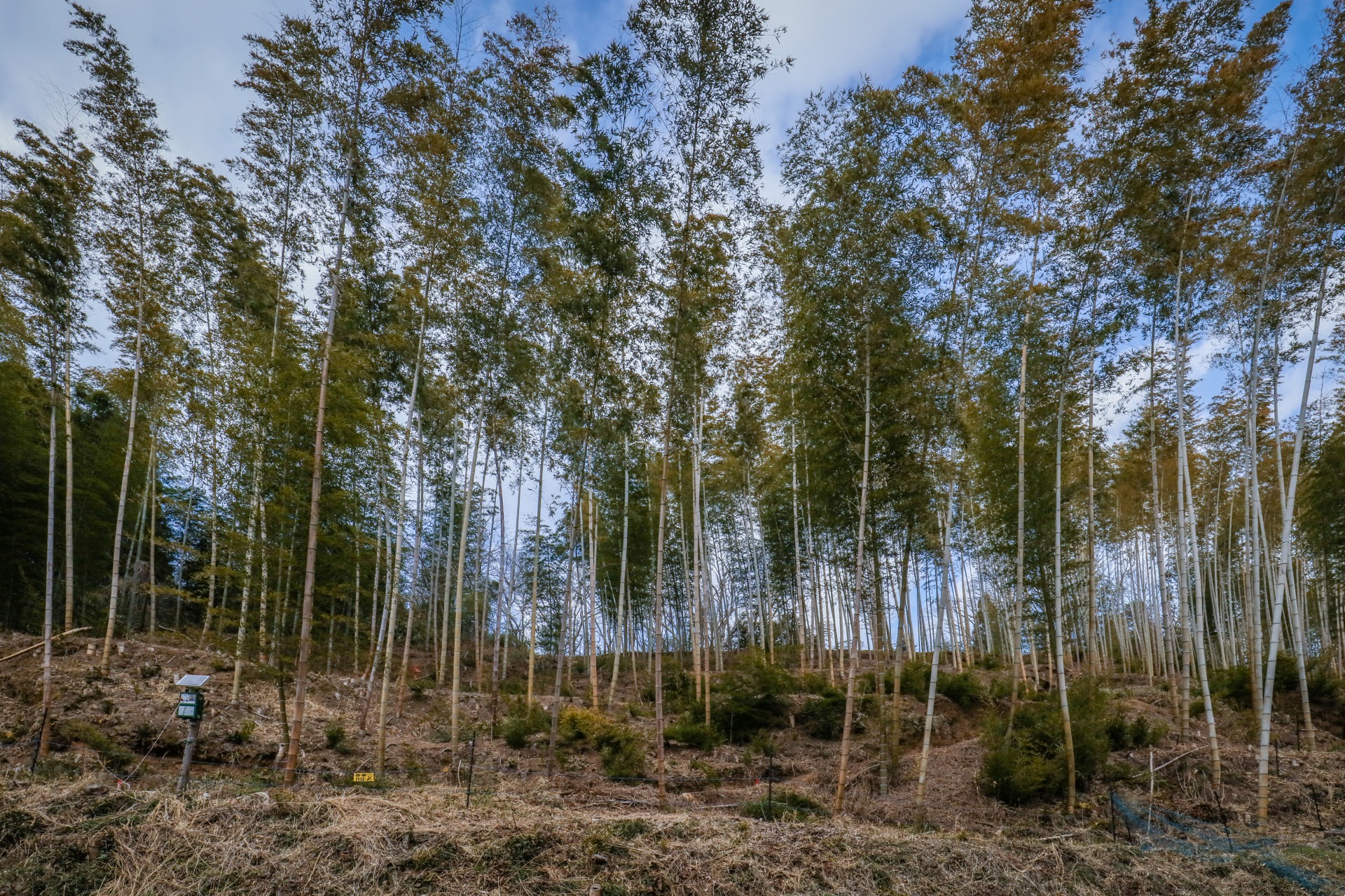
The view of the Bamboo Forest is amazing. The whole area is protected from the animals that may cause harm to the bamboos.
富沢磨崖仏群-Old Temple Preserved From Ancient Times
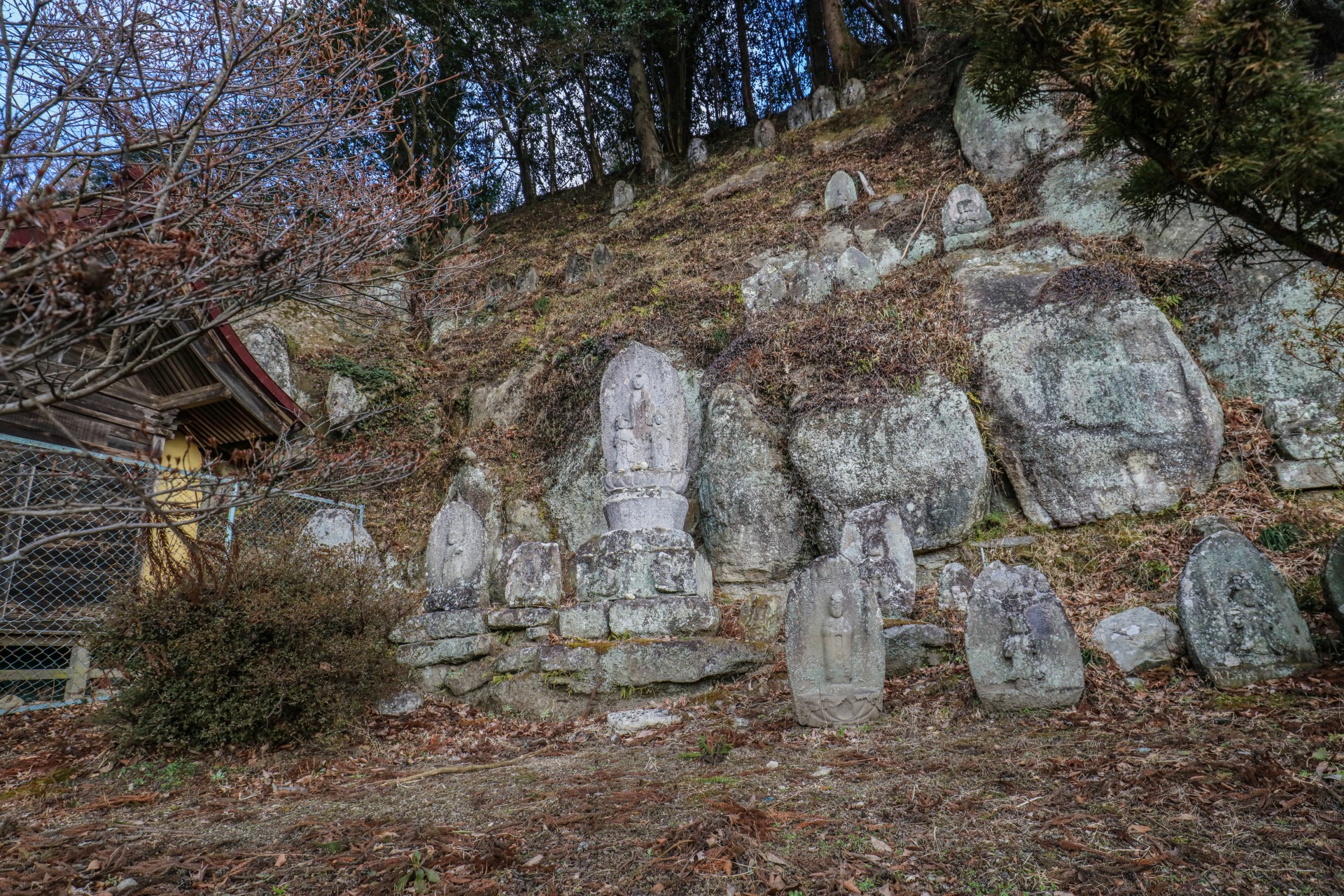
The Tomizawa Magai Butsuzogun Temple(富沢磨崖仏群) is a famous tourist site in Shibata Town, where I went to this afternoon.
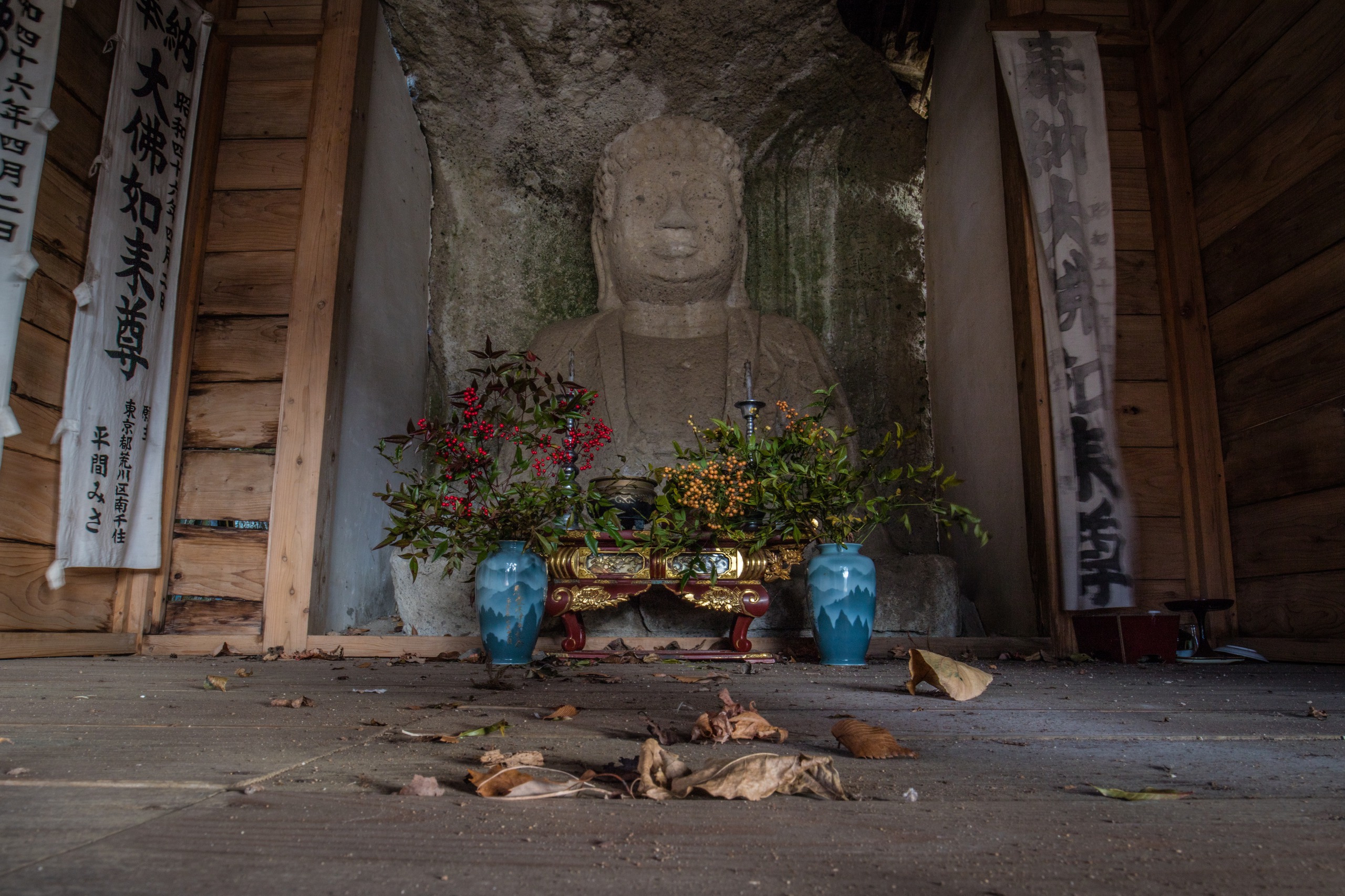
People come to this temple to pray for their health as well as their family’s health.
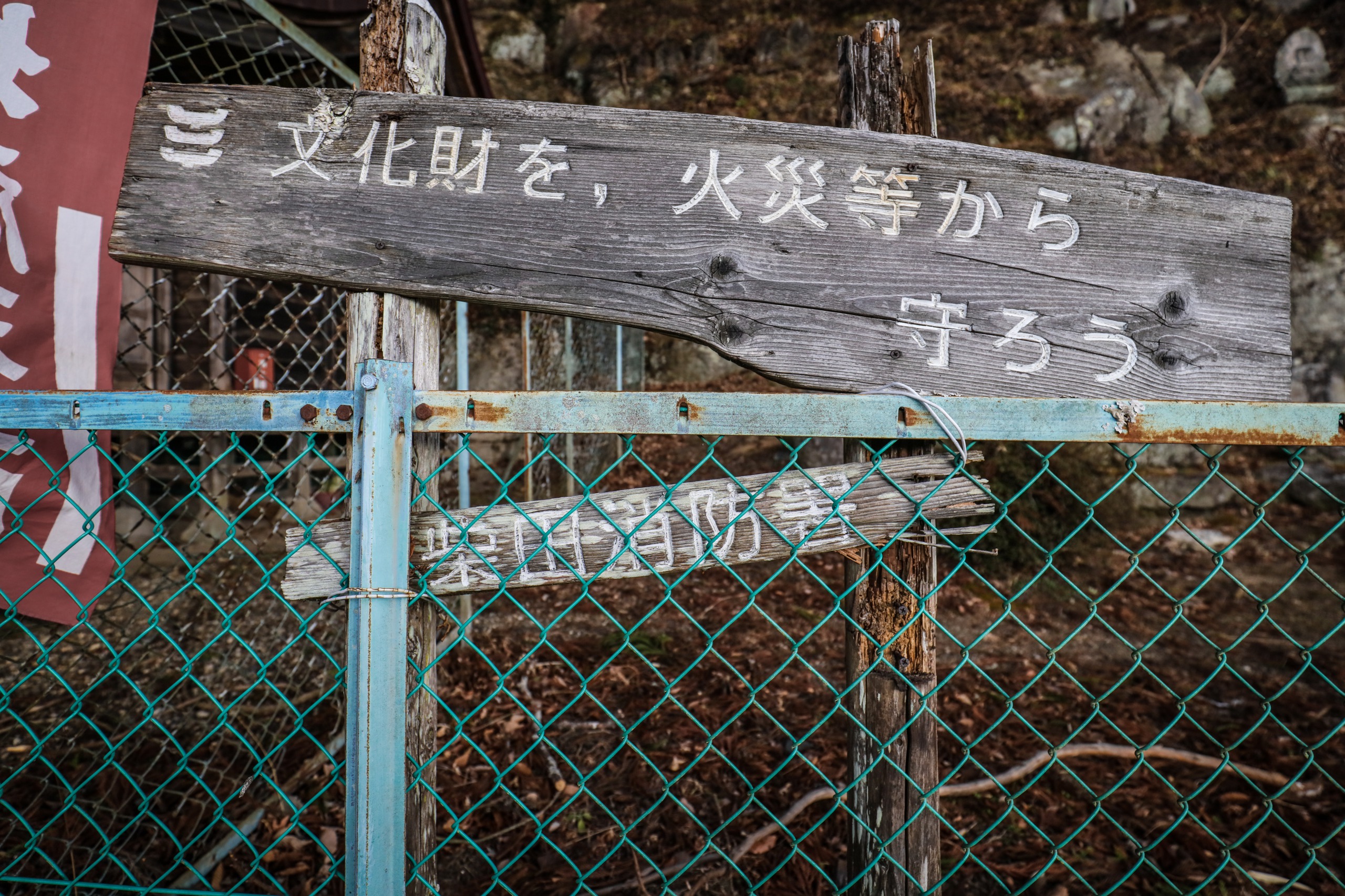
The Old Temple is in very good condition.
プチ道の駅 とみかみ-A Private Rest Place for Passers’ by
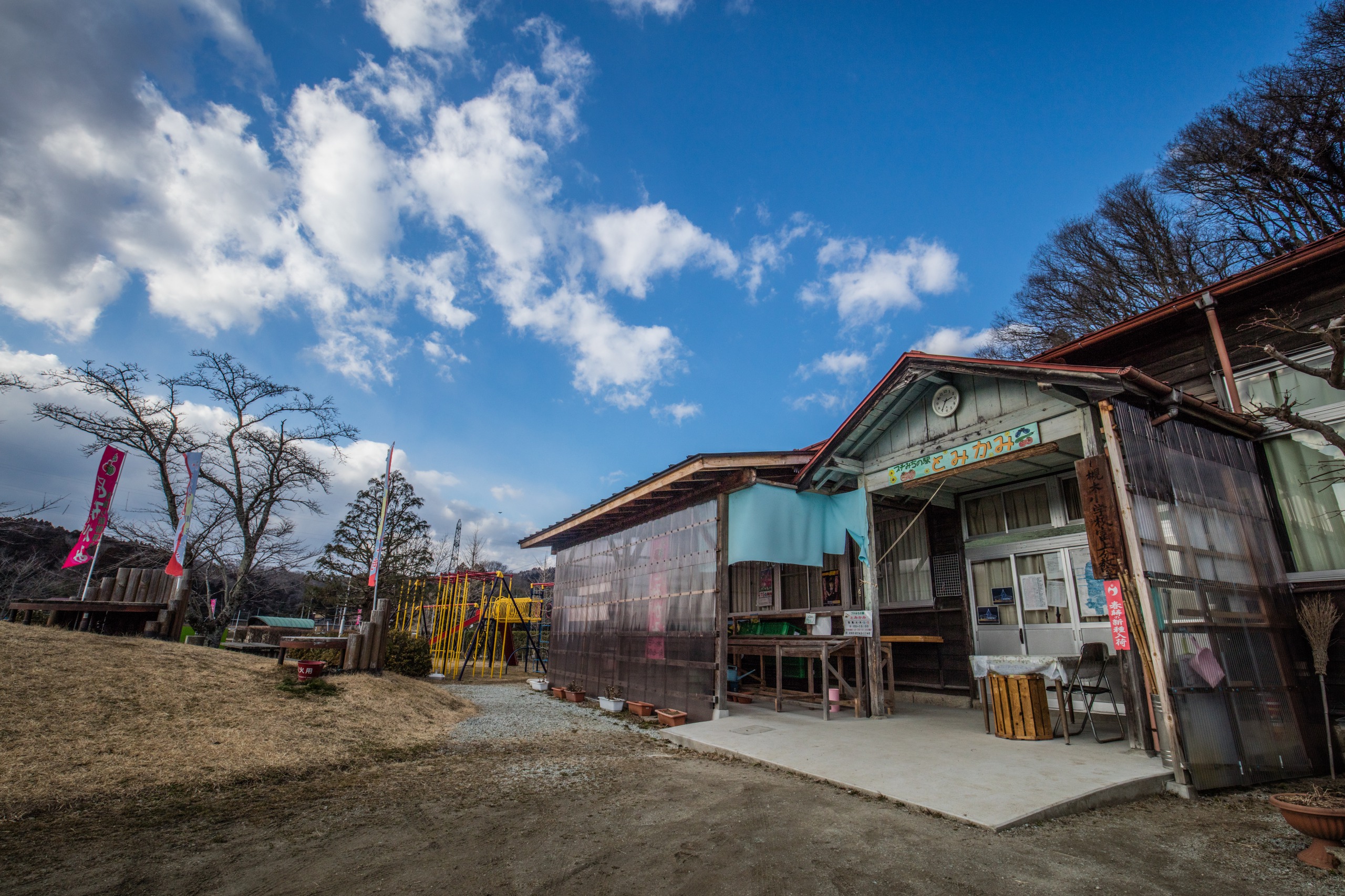
The Puchi Michi No Eki Tomikami Road Rest (プチ道の駅 とみかみ) was once an elementary school but transformed into a Road Rest in recent years.
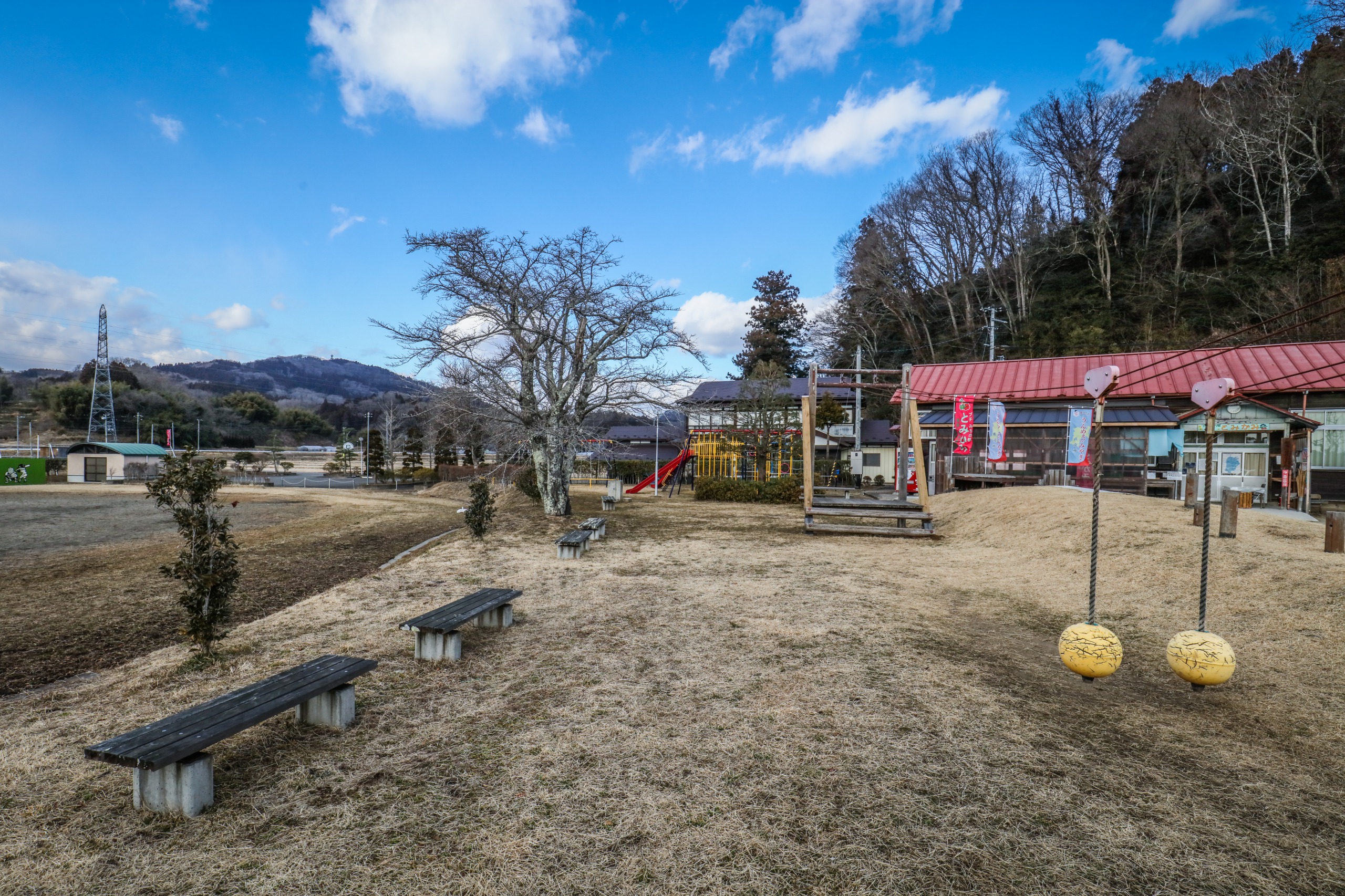
Those entertainment facilities were preserved and some of them are improved so that adults can also have fun on them.
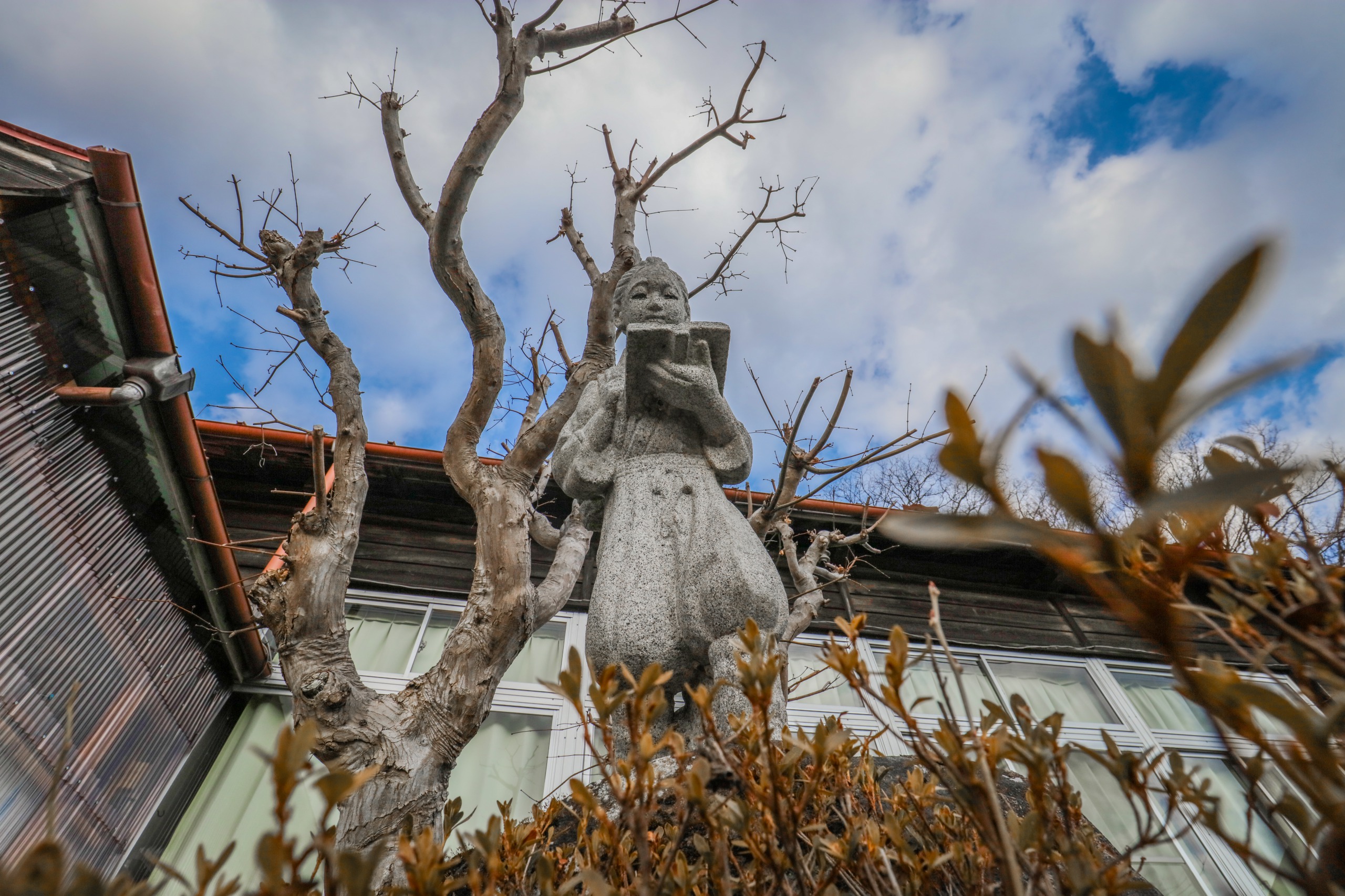
This statue can be found in Japanese Elementary School. Legend goes that this kid was once poor but studied very hard to change his destiny eventually.
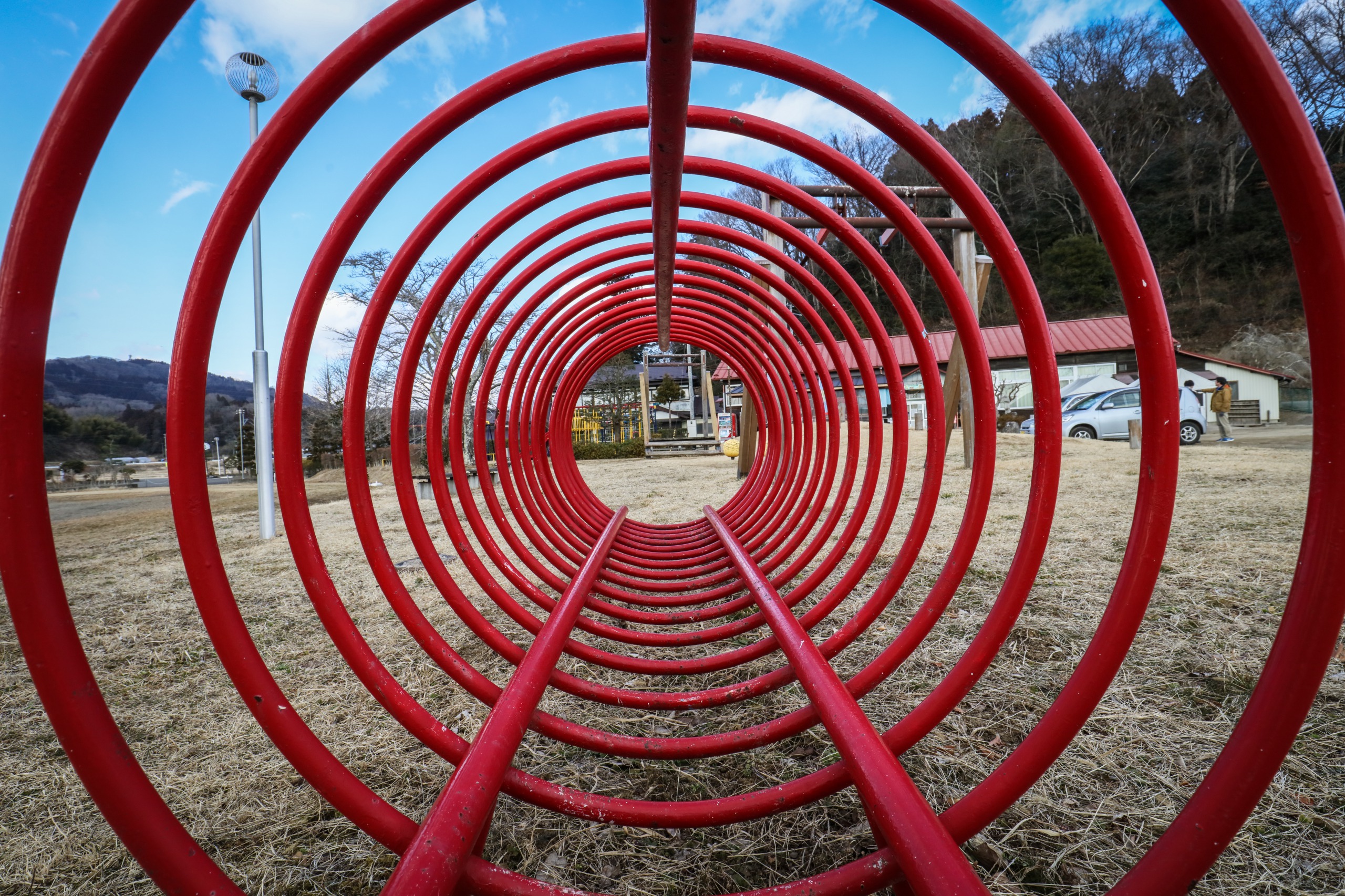
All kinds of interesting facilities are offered inside the Road Rest. The Address of プチ道の駅 とみかみ is as follows.
仙台箪笥 by Michinoku Kogei-Japanese Chest “Sendai” Style
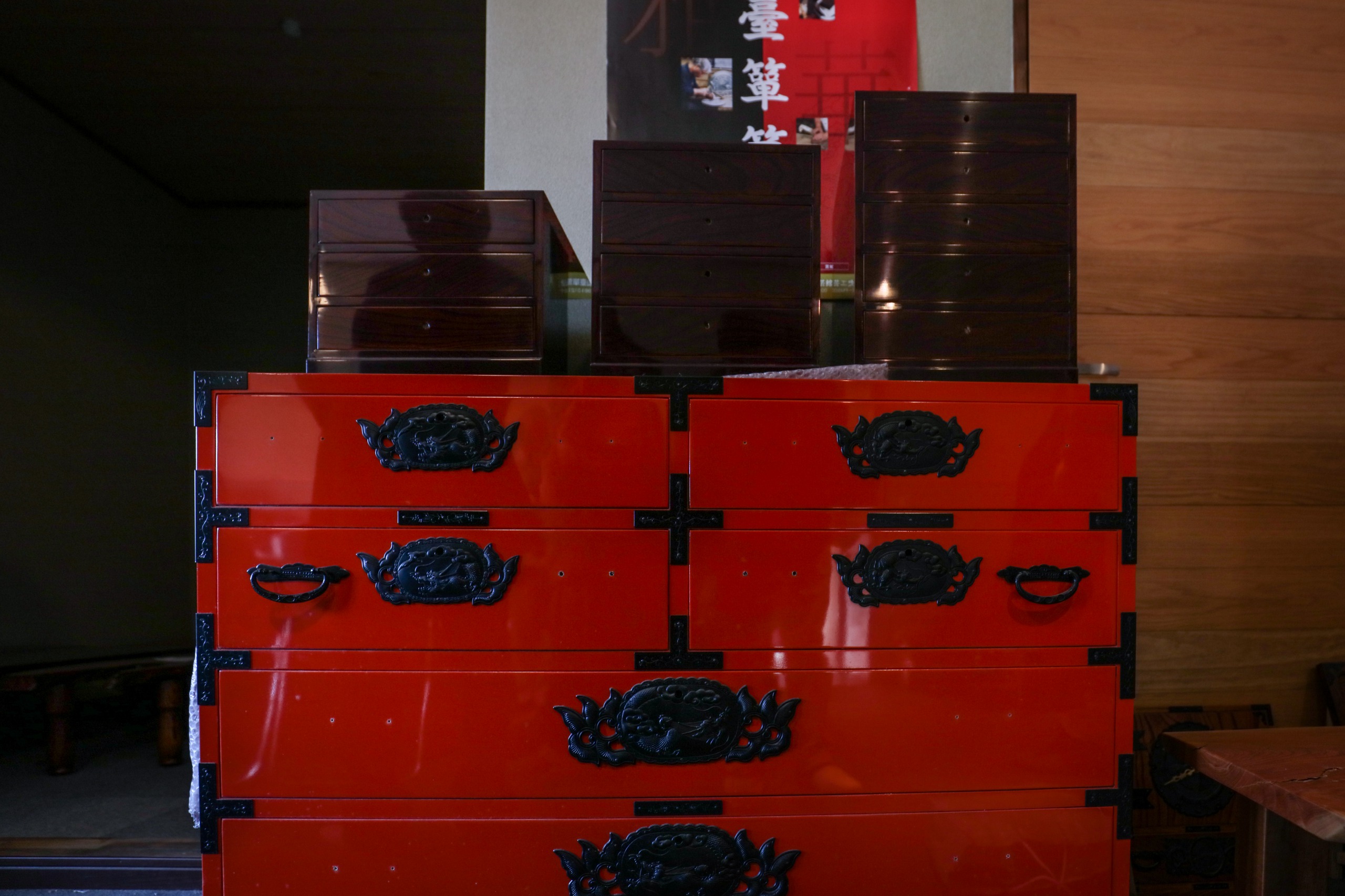
The Sendai Tansu (仙台箪笥) refers to traditional crafts and furniture of extremely good quality that is handed down from generation to generation.
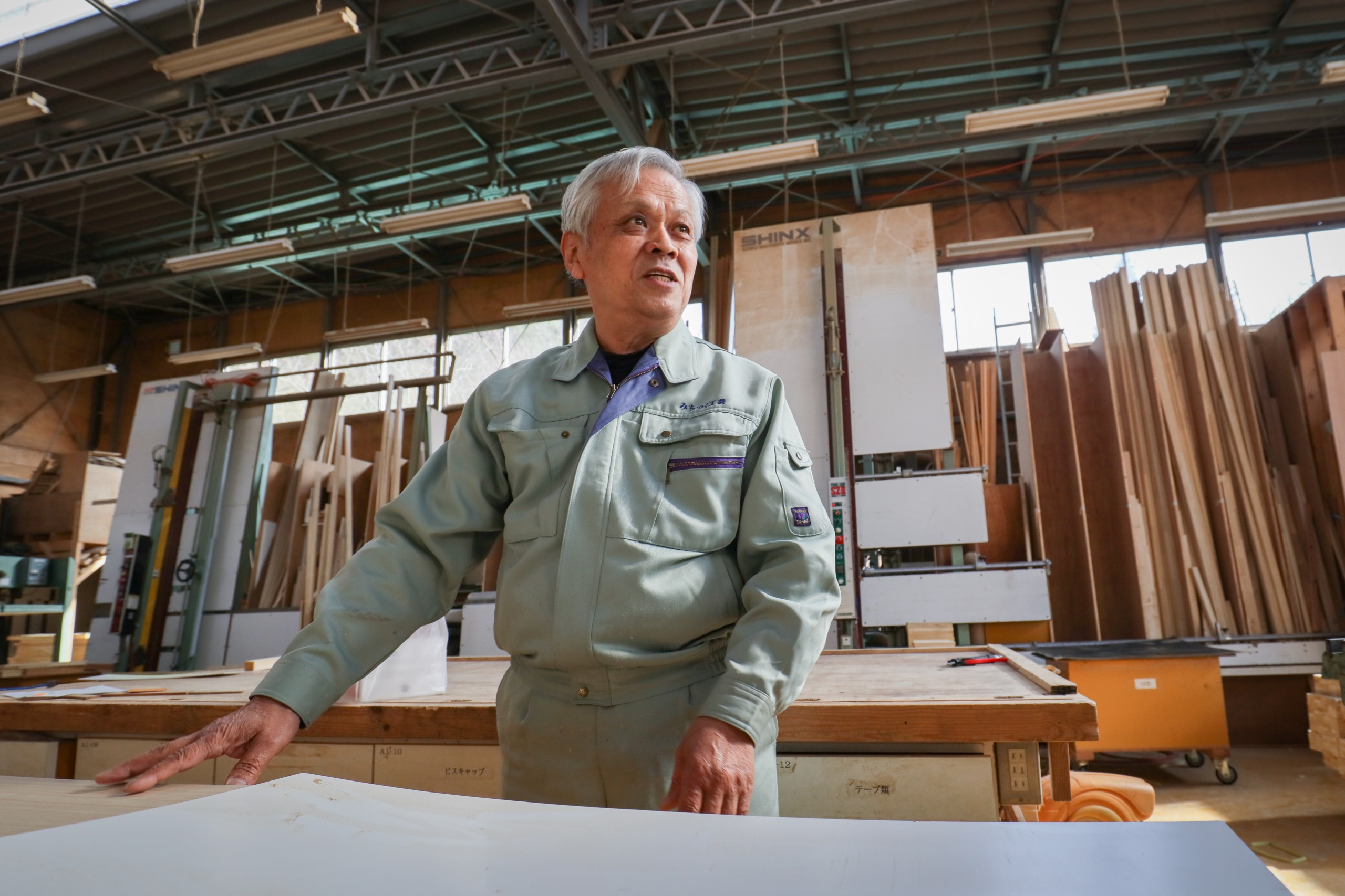
Mr. Michinoku Kogei is a famous Tansu maker in Shibata Town, and I am very lucky to be invited to take a glance at his factory in the countryside of Shibata Town.
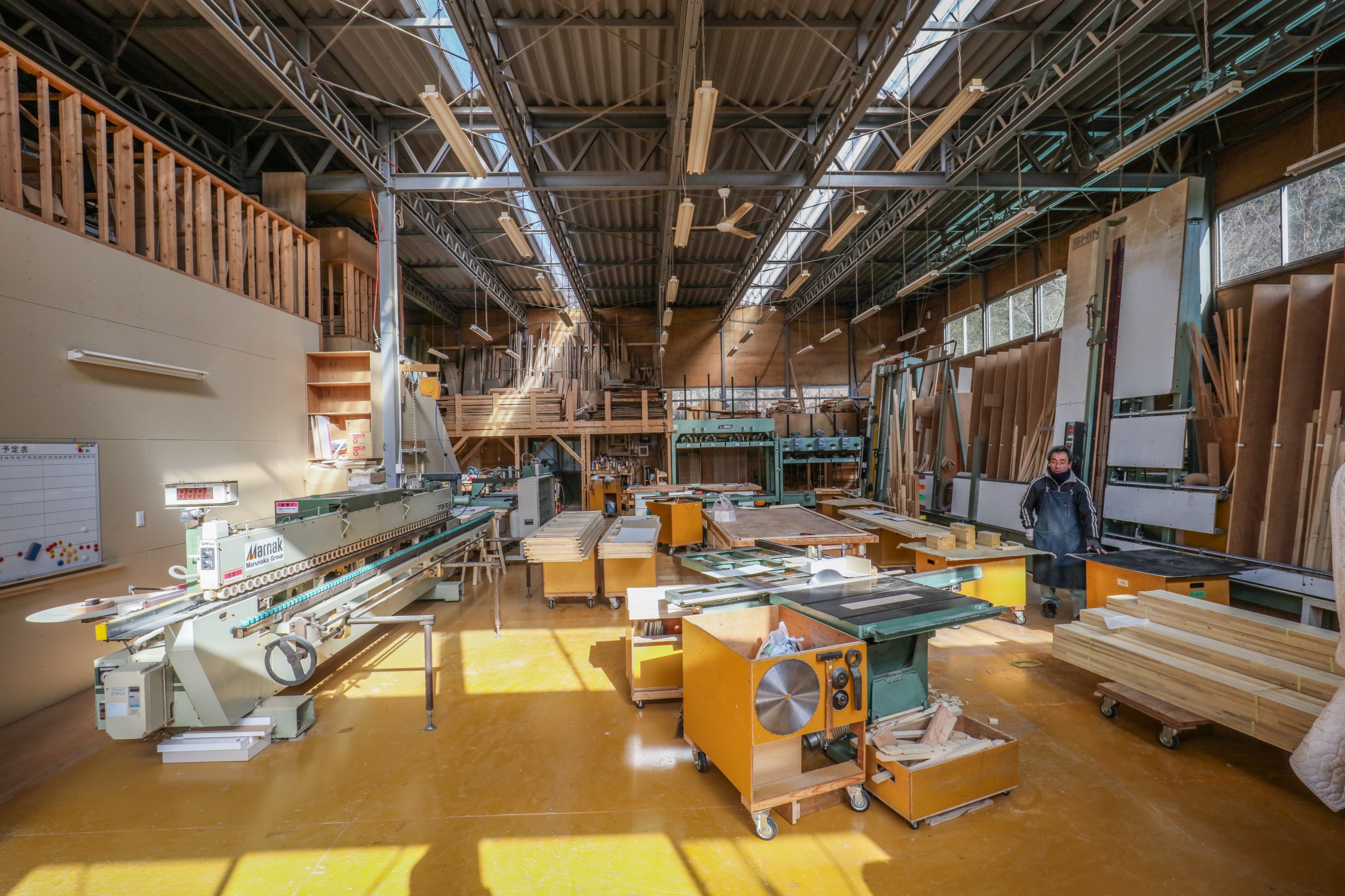
Mr. Michinoku’s factory is very bright under the sunlight. The Sendai Tansu made by him has adjusted over time to time to cater the needs of modern customers while preserving the oldest elements and craft skills inherited from the Samurai Era.
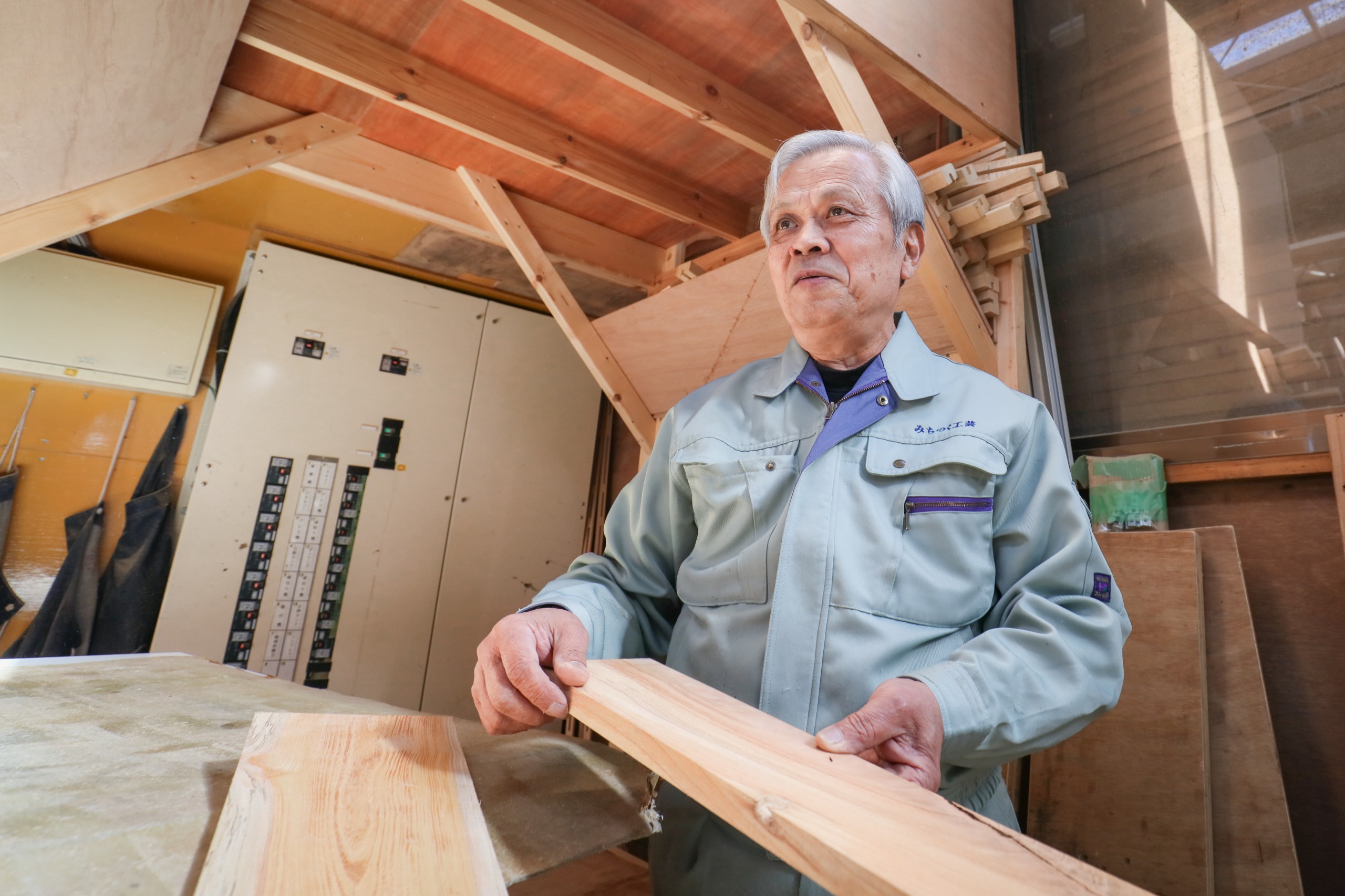
The secret of the high quality of Sendai Tansu is hidden in the woods. Normally, the woods has to be kept for more than 40 years before they are made into Tansu.
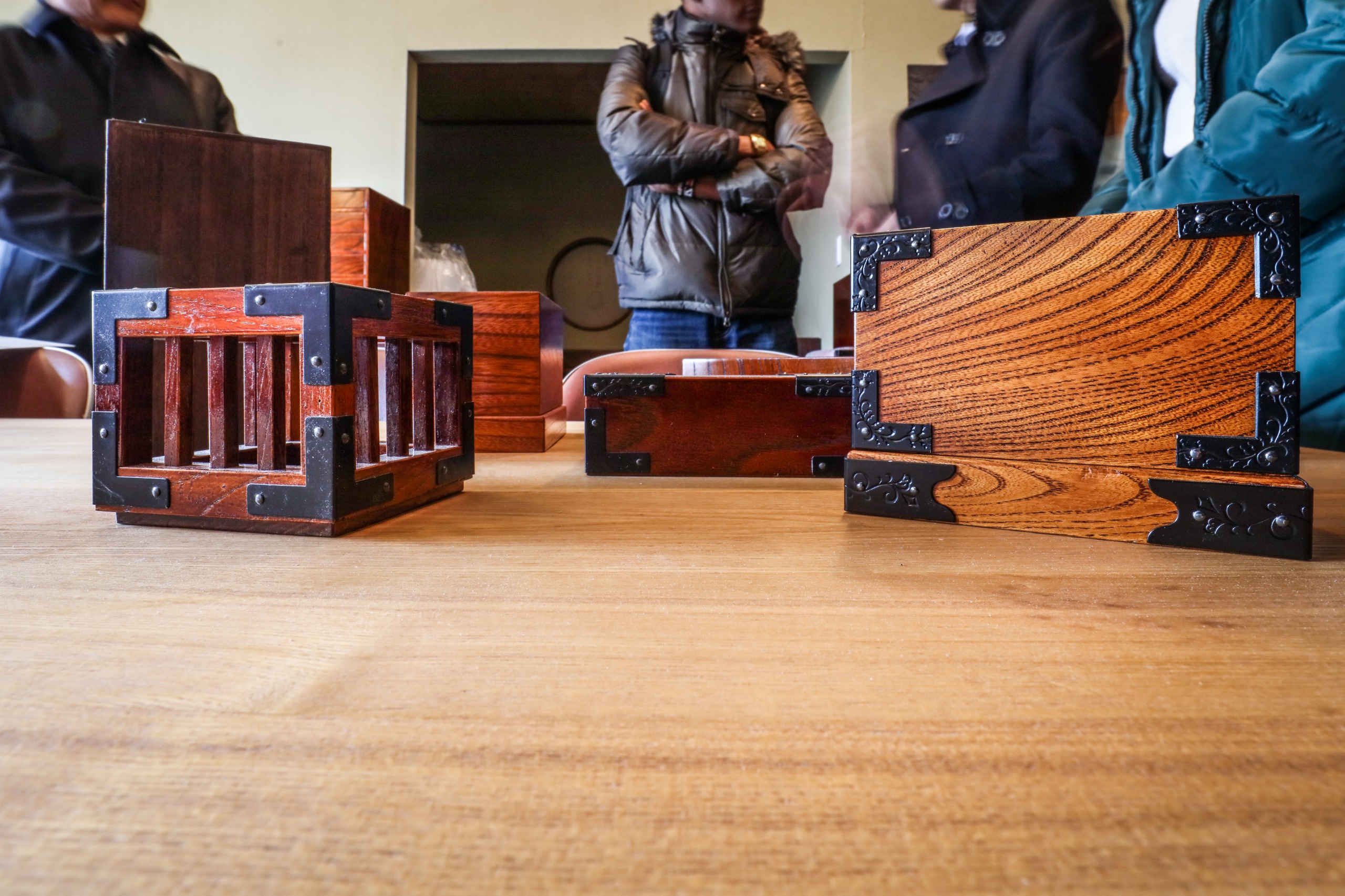
The Tansu can be used for more than 500 years once made. Mr. Michinoku Kogei also made small crafts from the dry woods other than big closets.
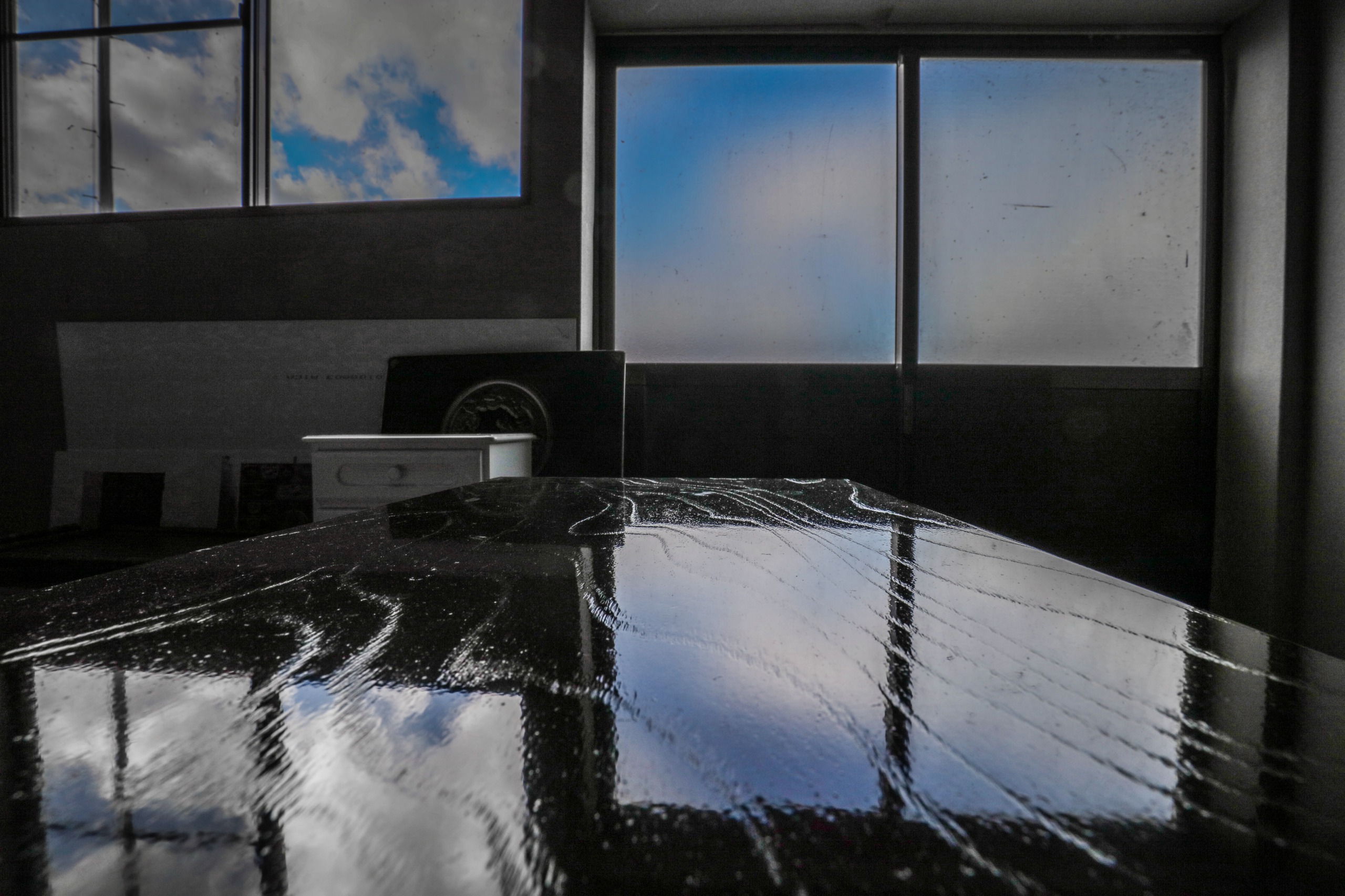
The surface of the wood is either smooth or tough, looks beautiful under the sunlight.
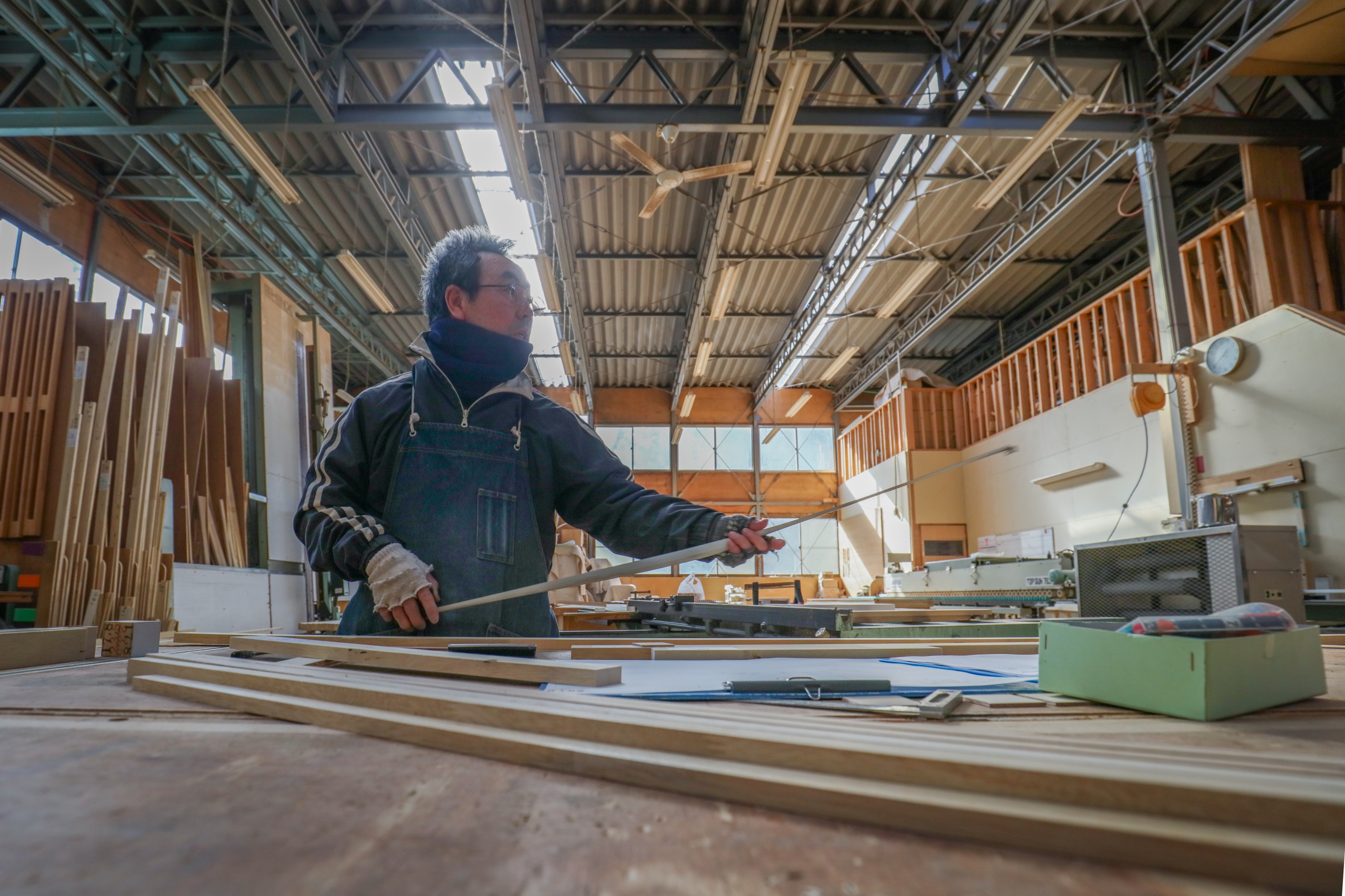
The address of Michinoku’s Factory is as follows.
縄文の幸-Great Lunch Place for Mochi
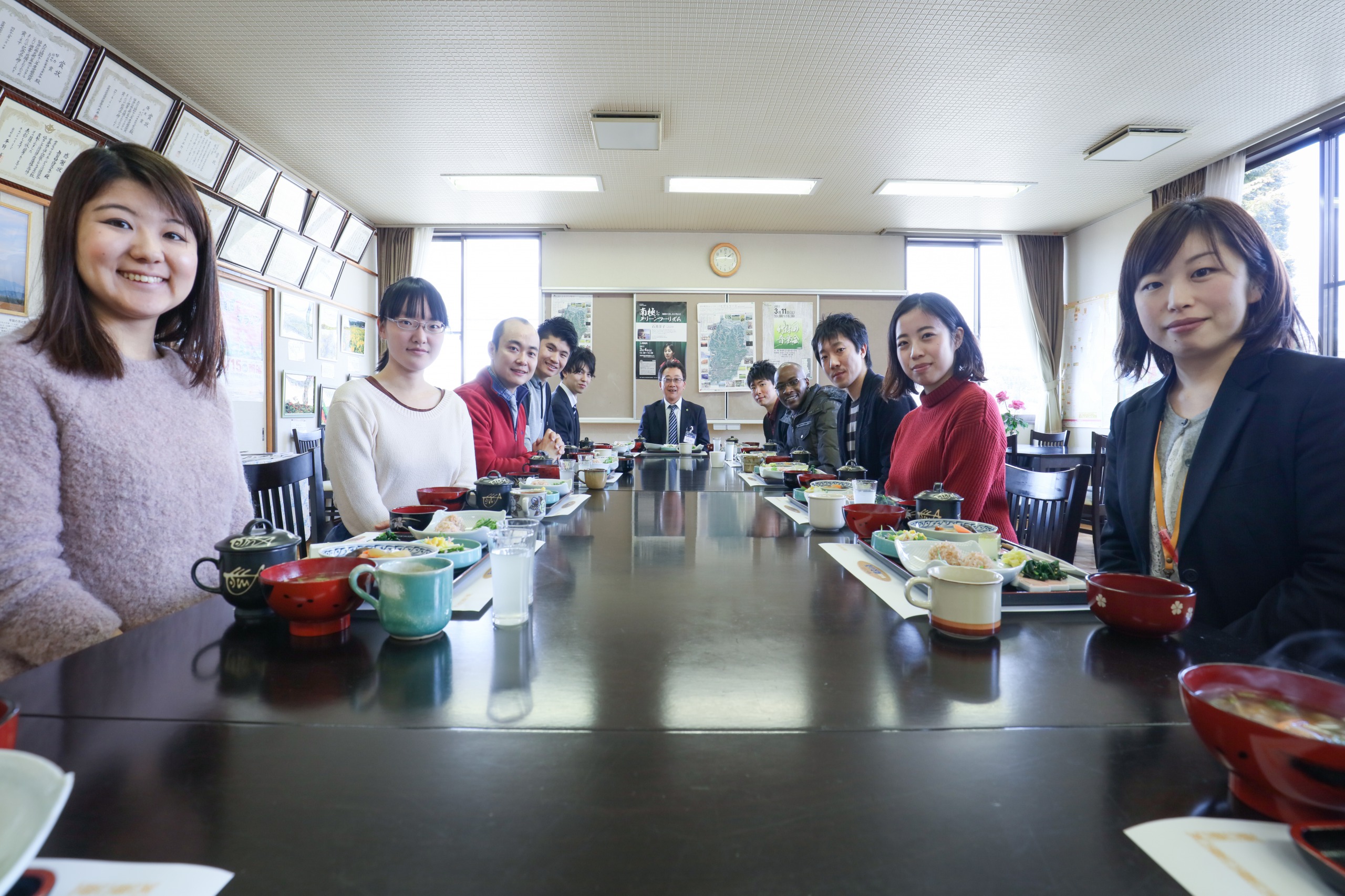
Mochi is a famous Japanese food. Normally, Japanese people eat mochi in the new years as a way to celebrate. But mochi is also very popular in Japan as it is very healthy.
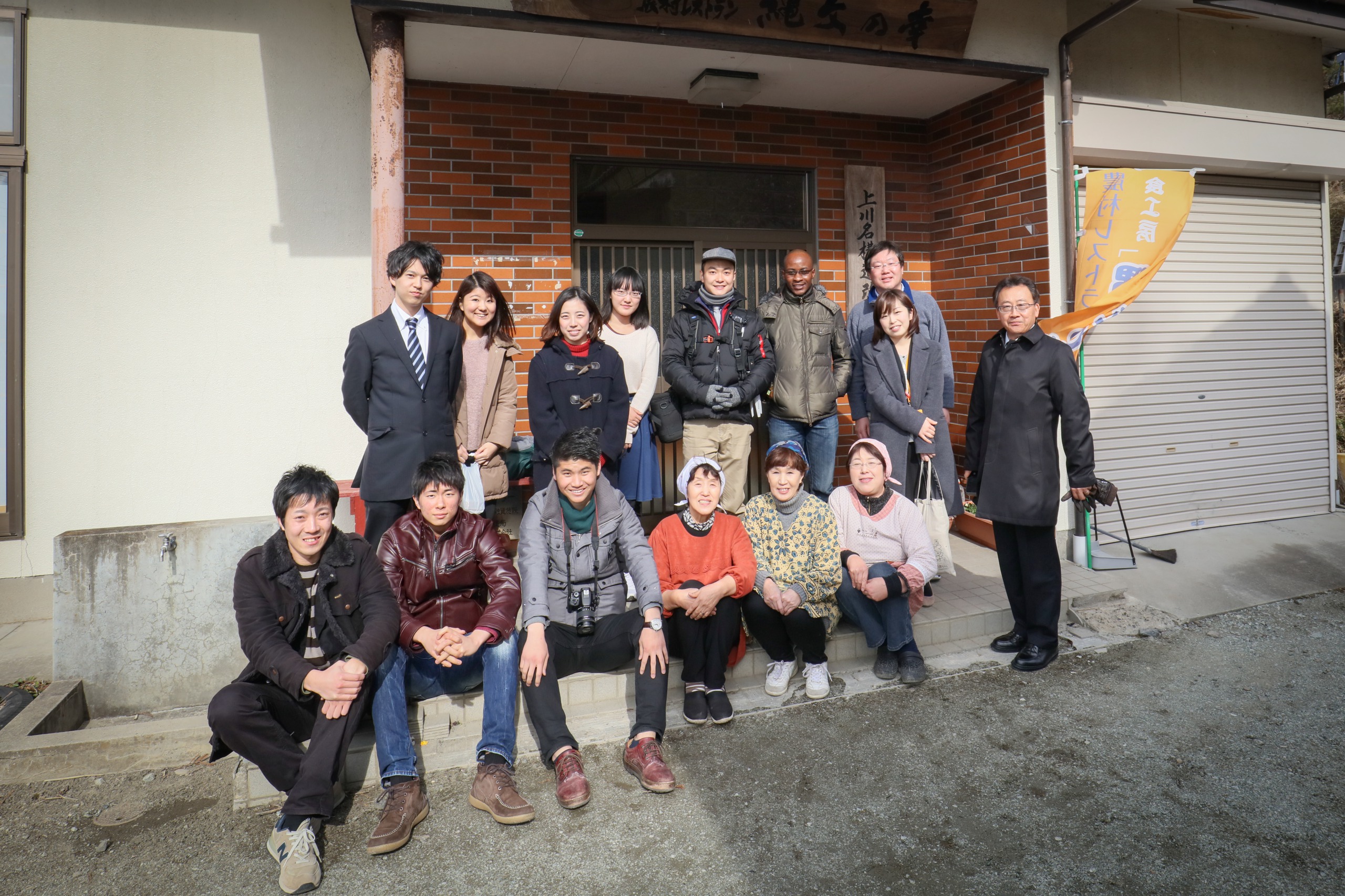
I am lucky today to have my lunch with the Head of the Tourism Department of the town office and many talented young Tohoku University student (and I am one of them, too). The lunch is fantastic, and the restaurant is a great place for groups of people. The address of 縄文の幸 is as follows.
The Country Side of Shibata Town-A Hiking Experience
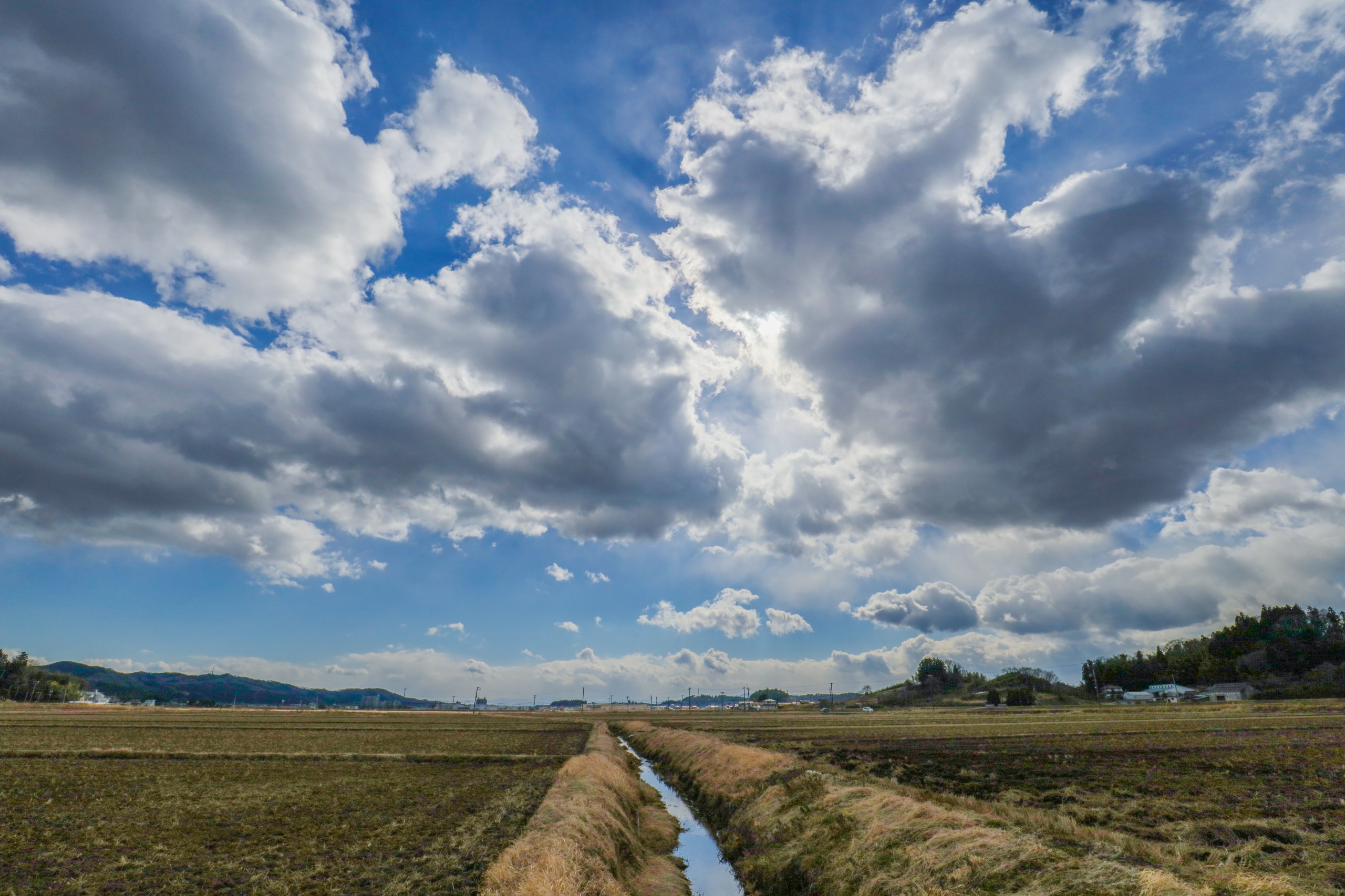
After several days of travelling alone, today I was accompanied by a group of Tohoku University students and we had a fantastic hiking experience together.
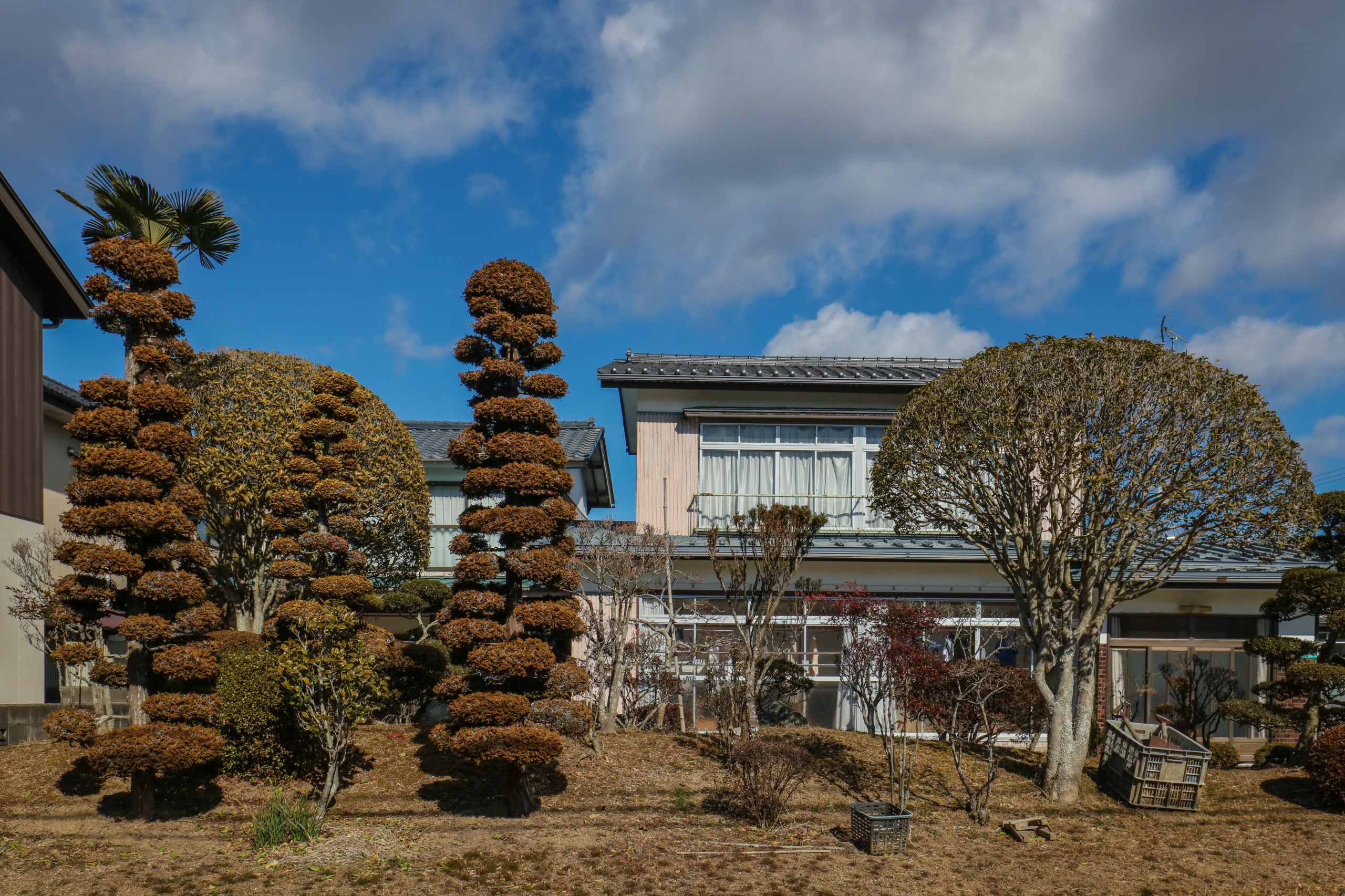
The countryside area of Shibata town is more delicate than I thought. The buildings are good-looking from the outside.
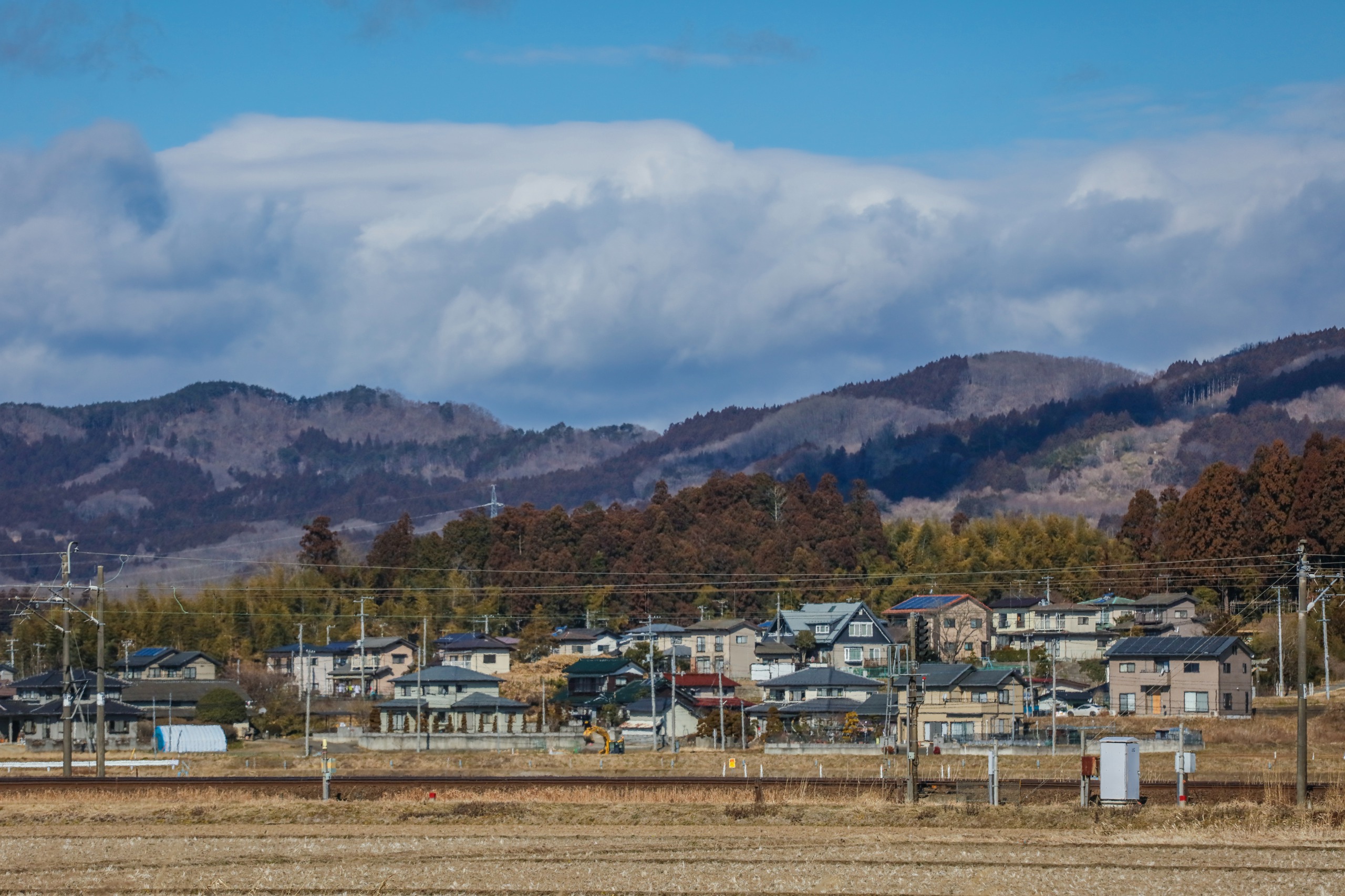
I can see the downtown of Shibata from far distance, with the Snow Mountains as the background.
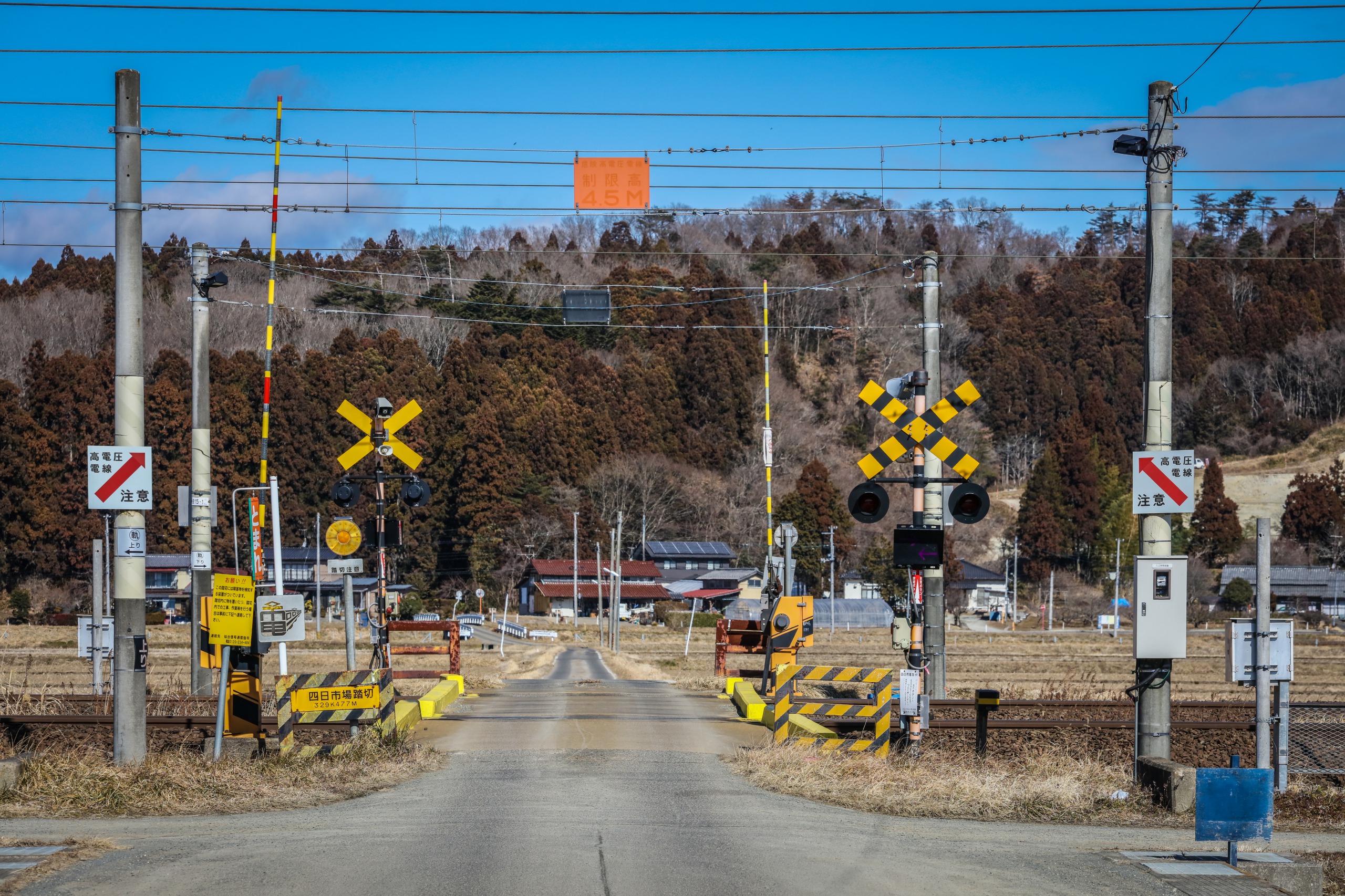
The railway is classic, as we often see in Japanese comic books.
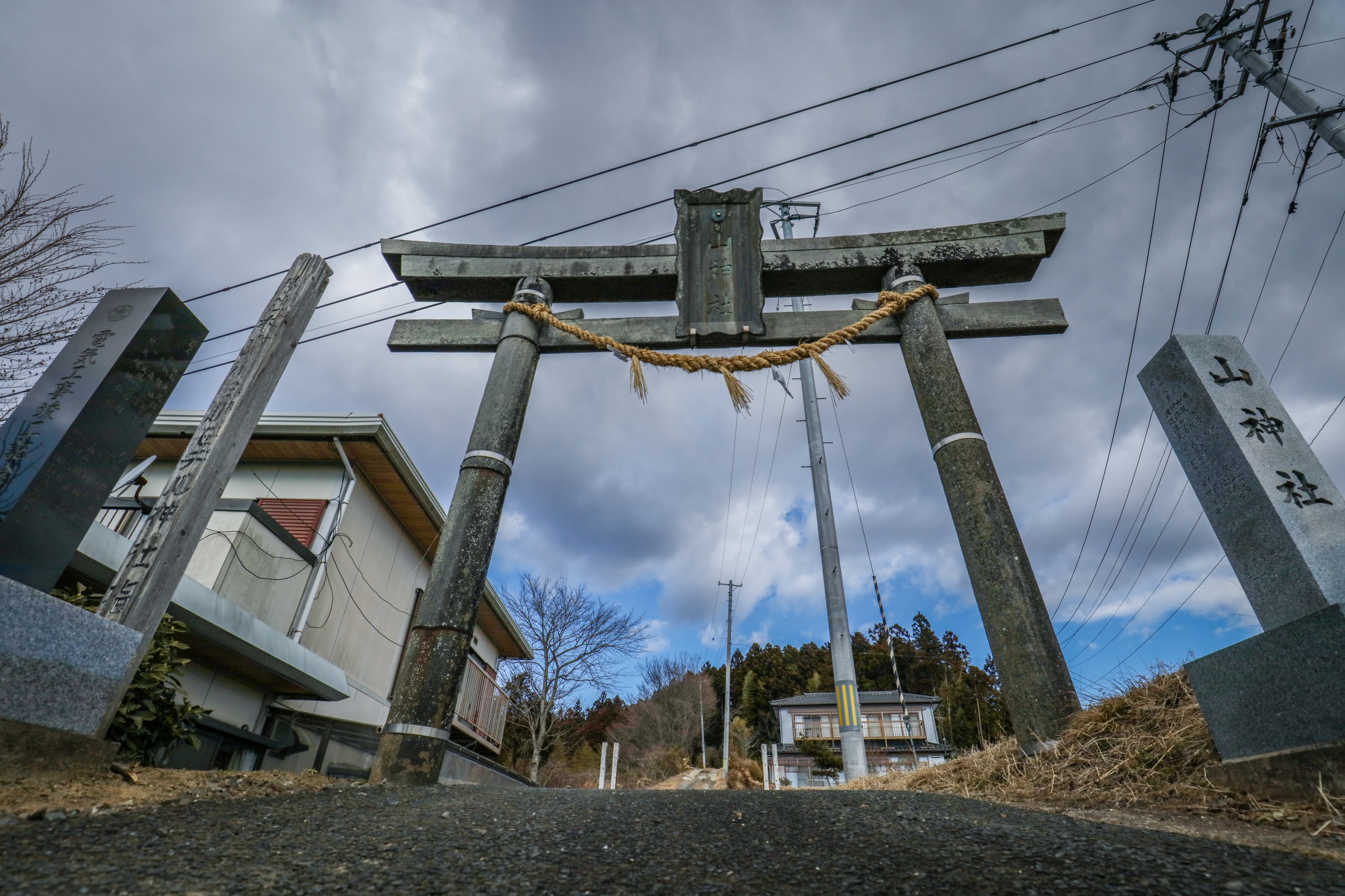
We passed by a Shrine this morning but we did not walk in.
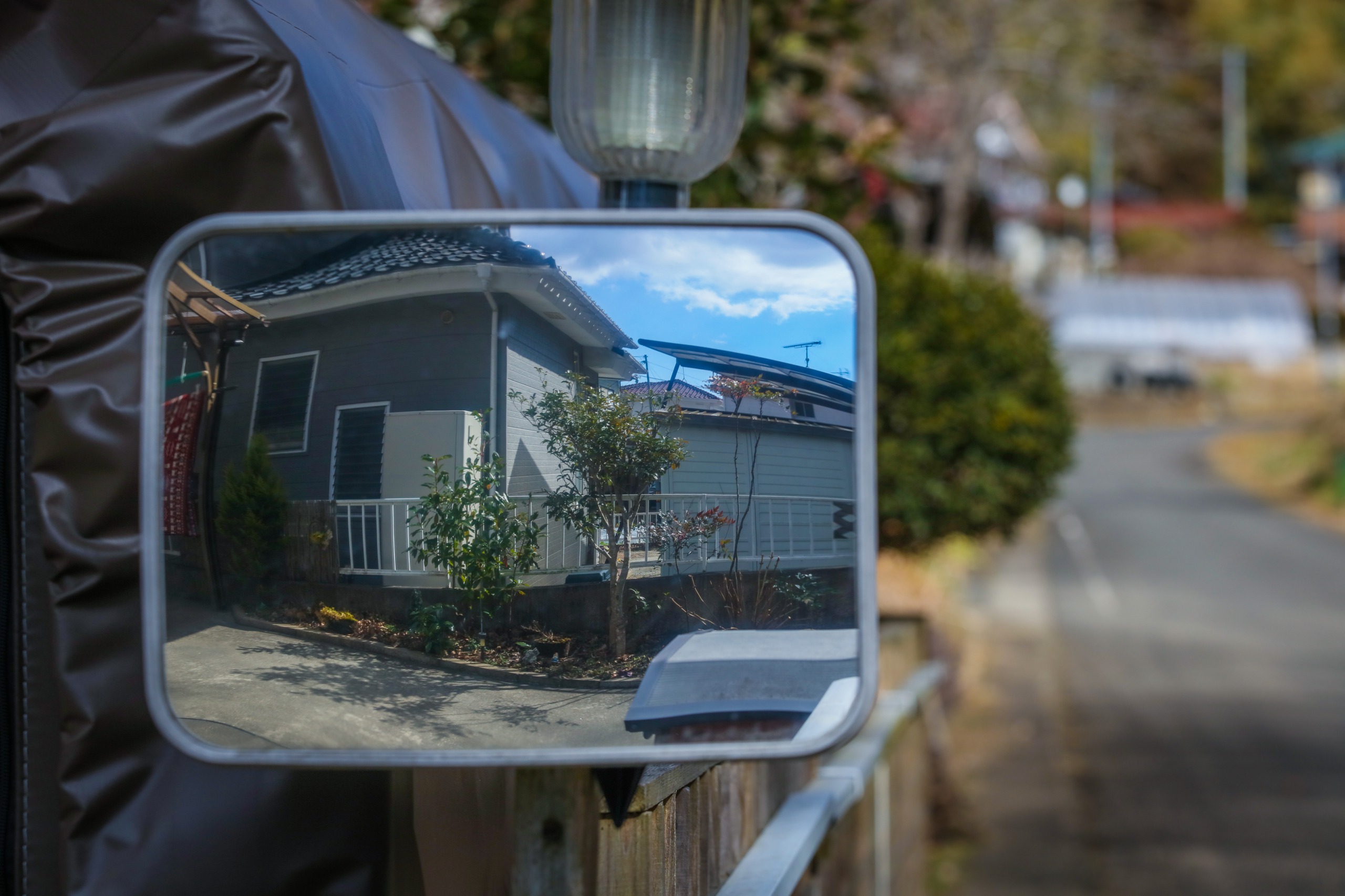
I was told that the neighborhoods in the countryside is closely tied to one another and people help each other a lot. It was really a warm neighborhood.
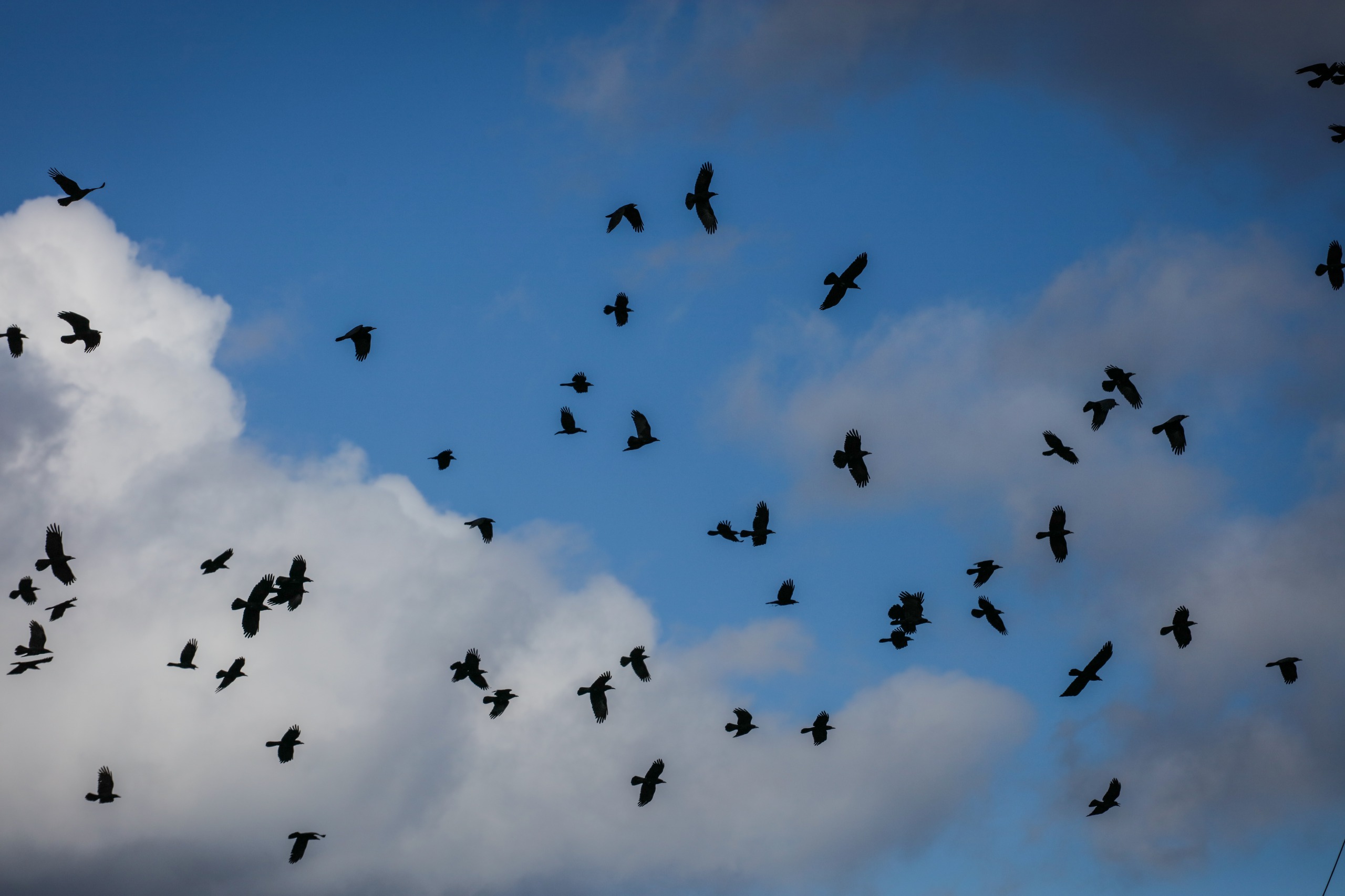
The birds flying high in the sky makes the sky more vivid and alive.
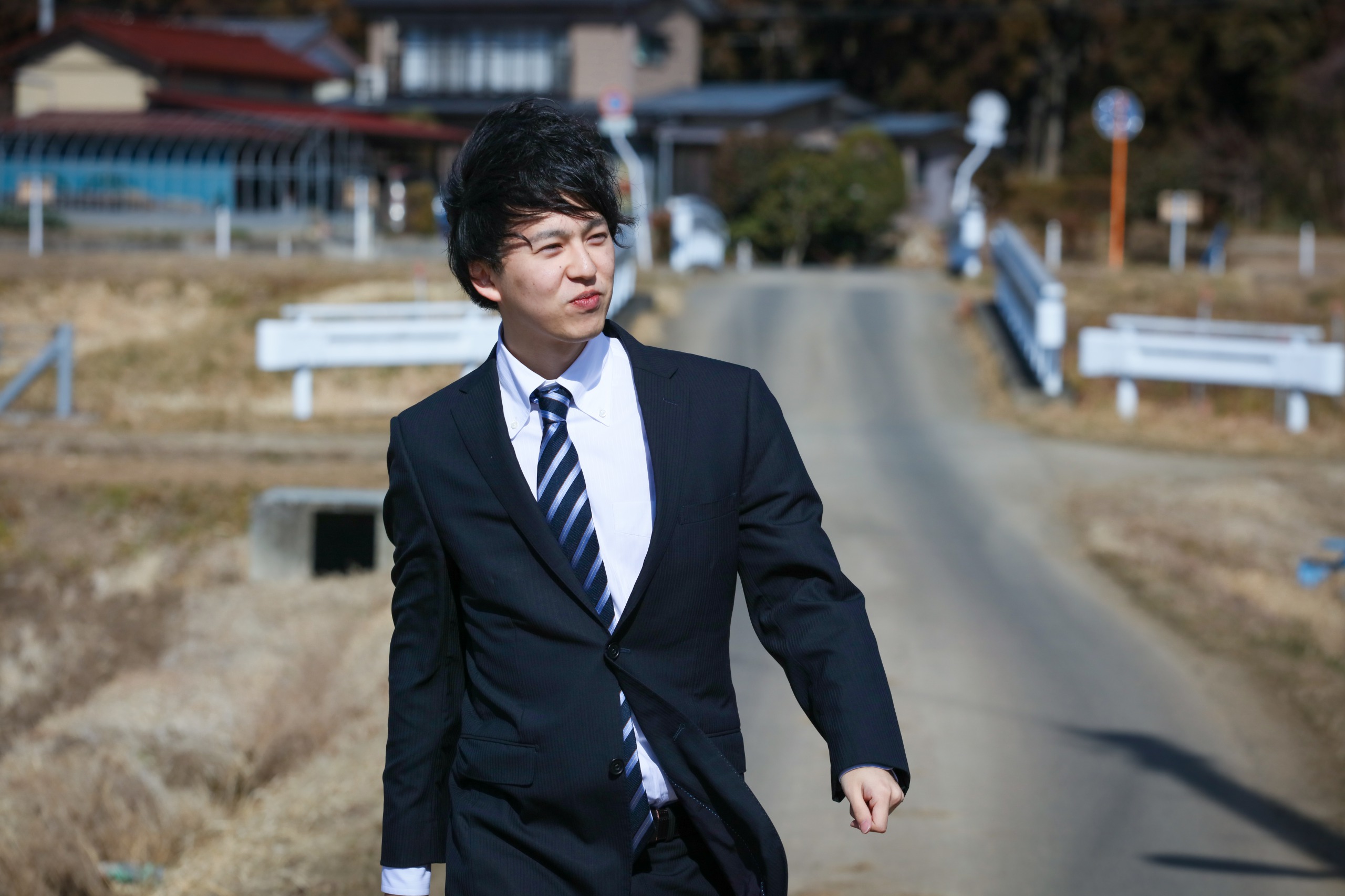
Young Tohoku student with confident smile looks like super idles from Japanese TV series.
Downtown Shibata-Colorful Buildings with European Styles
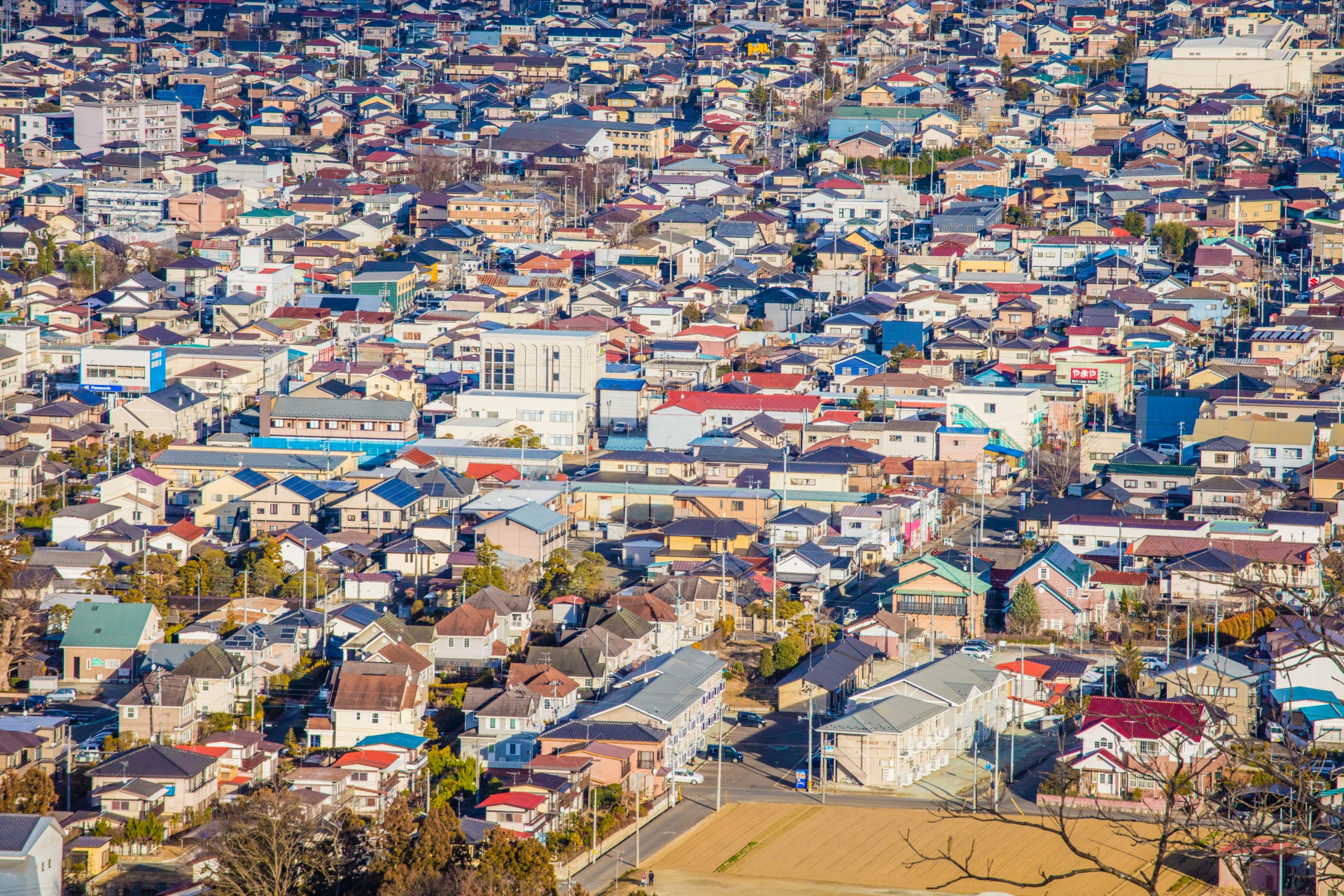
Early in the morning I walked a lot in the downtown and made a research of the architectures of Shibata Town by myself.
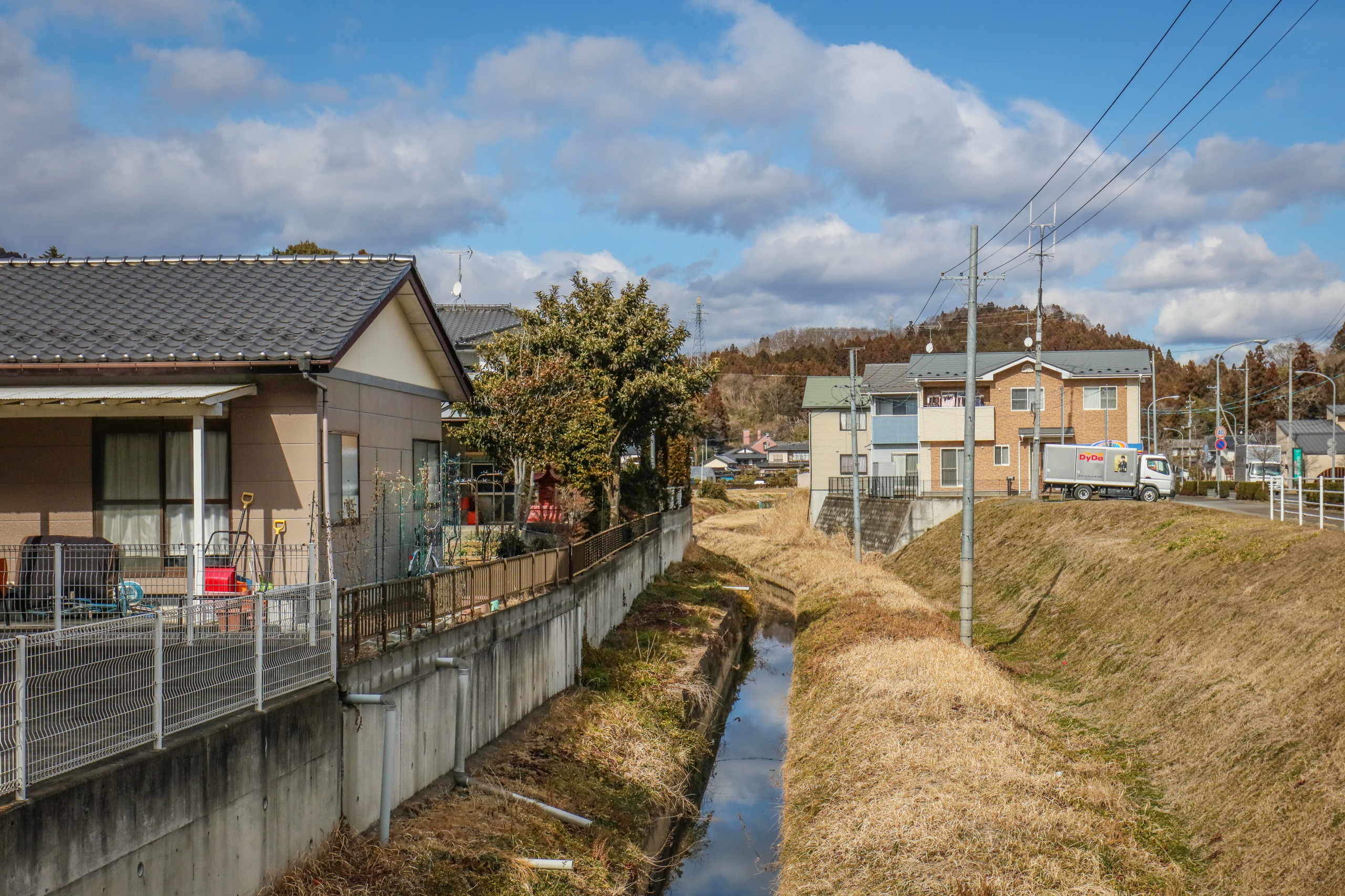
The whole area looks a little bit “European” to me; maybe, it was because the weather was just so great.
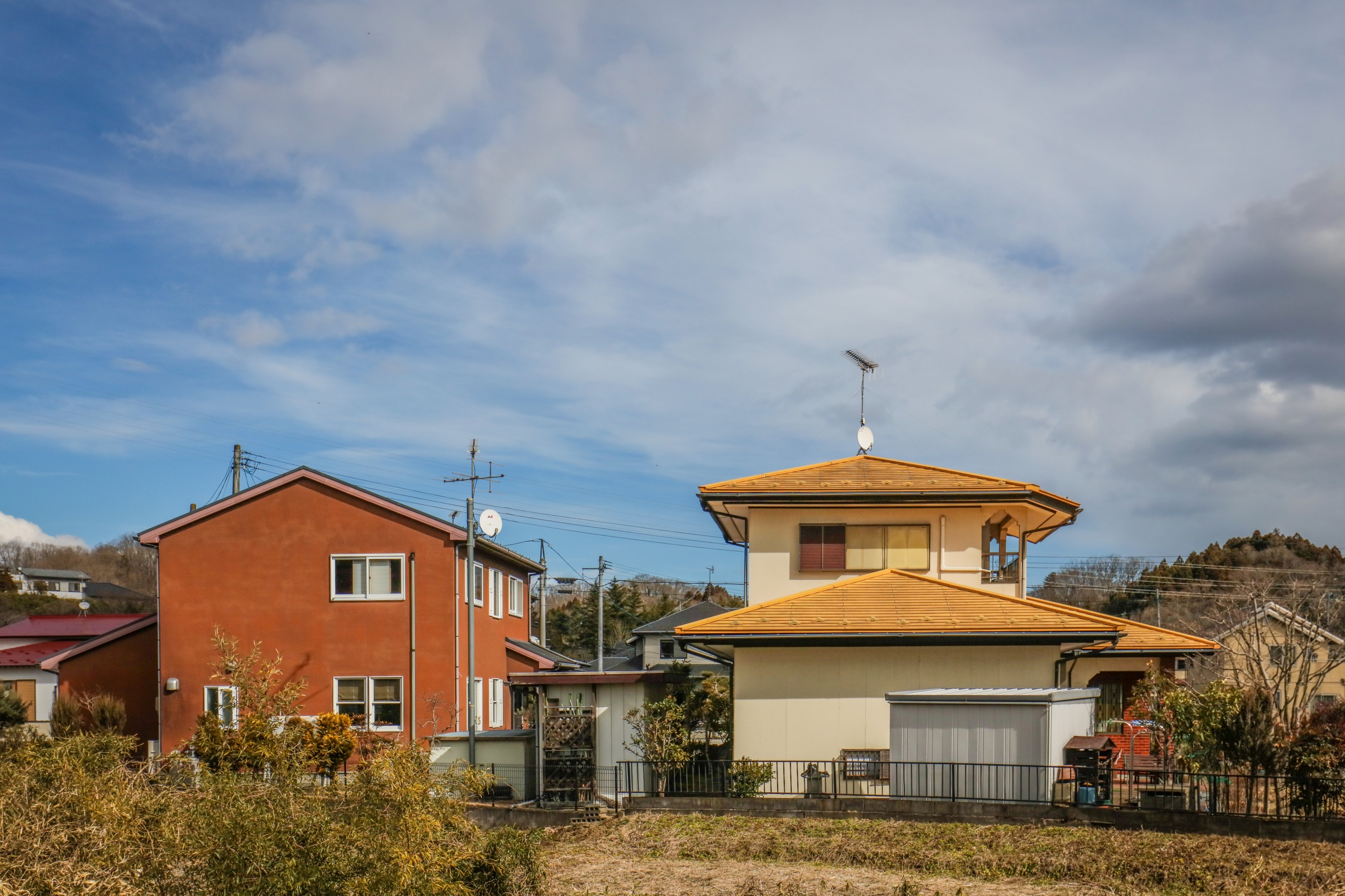
The diverse shapes of the houses as well as the colors amazed me.
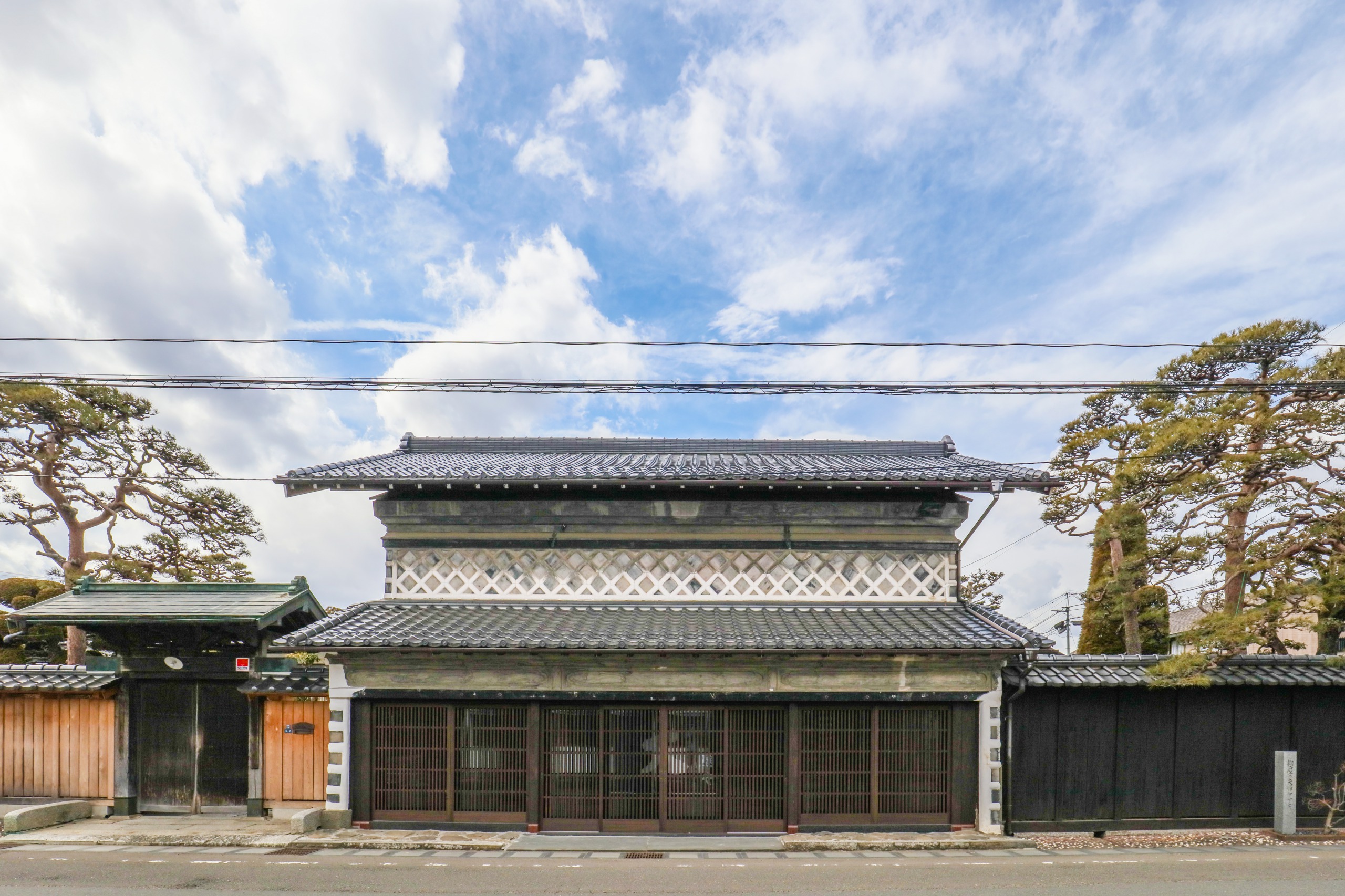
There are traditional Japanese houses with ancient trees.
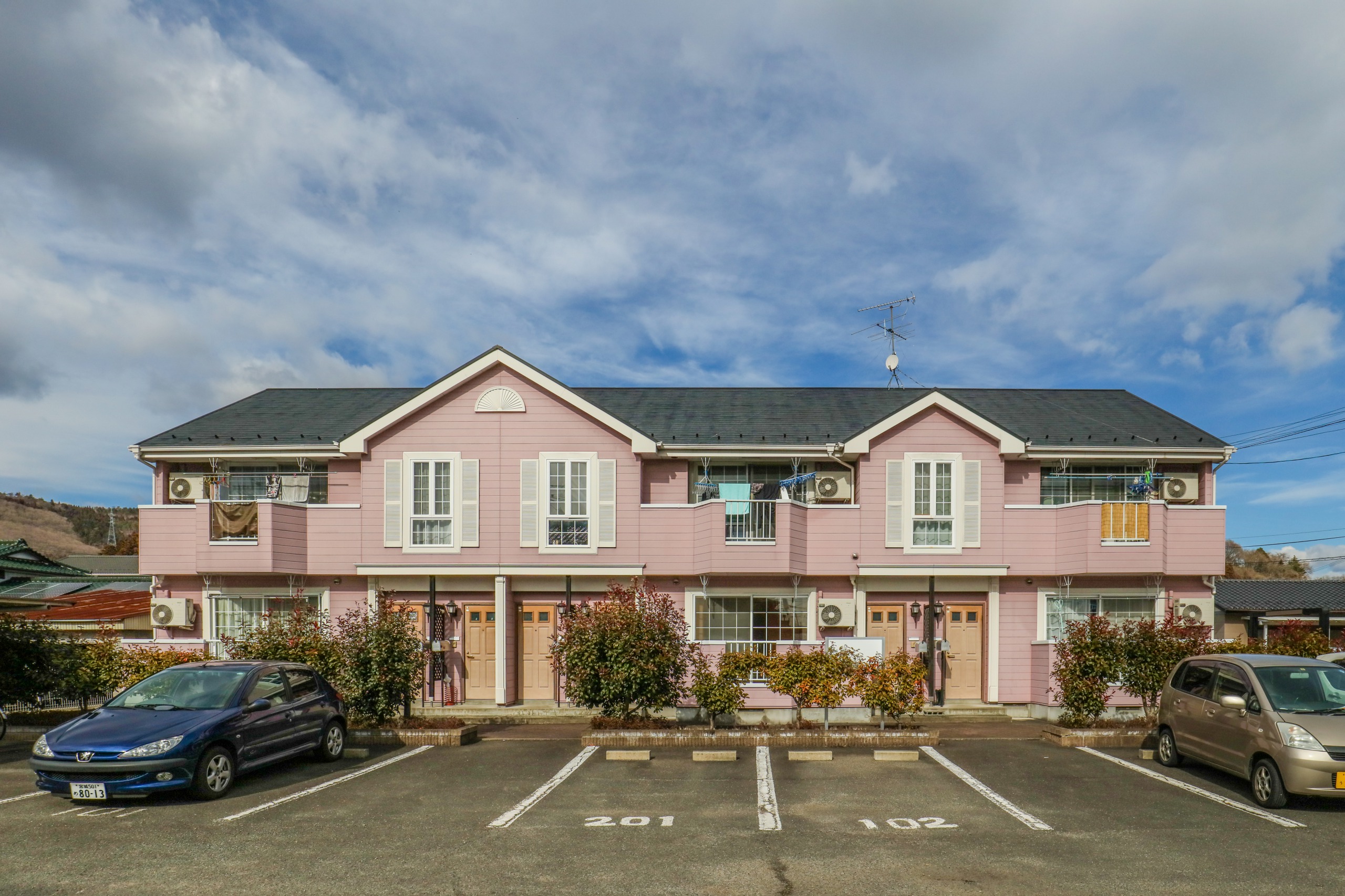
There are Modern Mansions with pink colors.

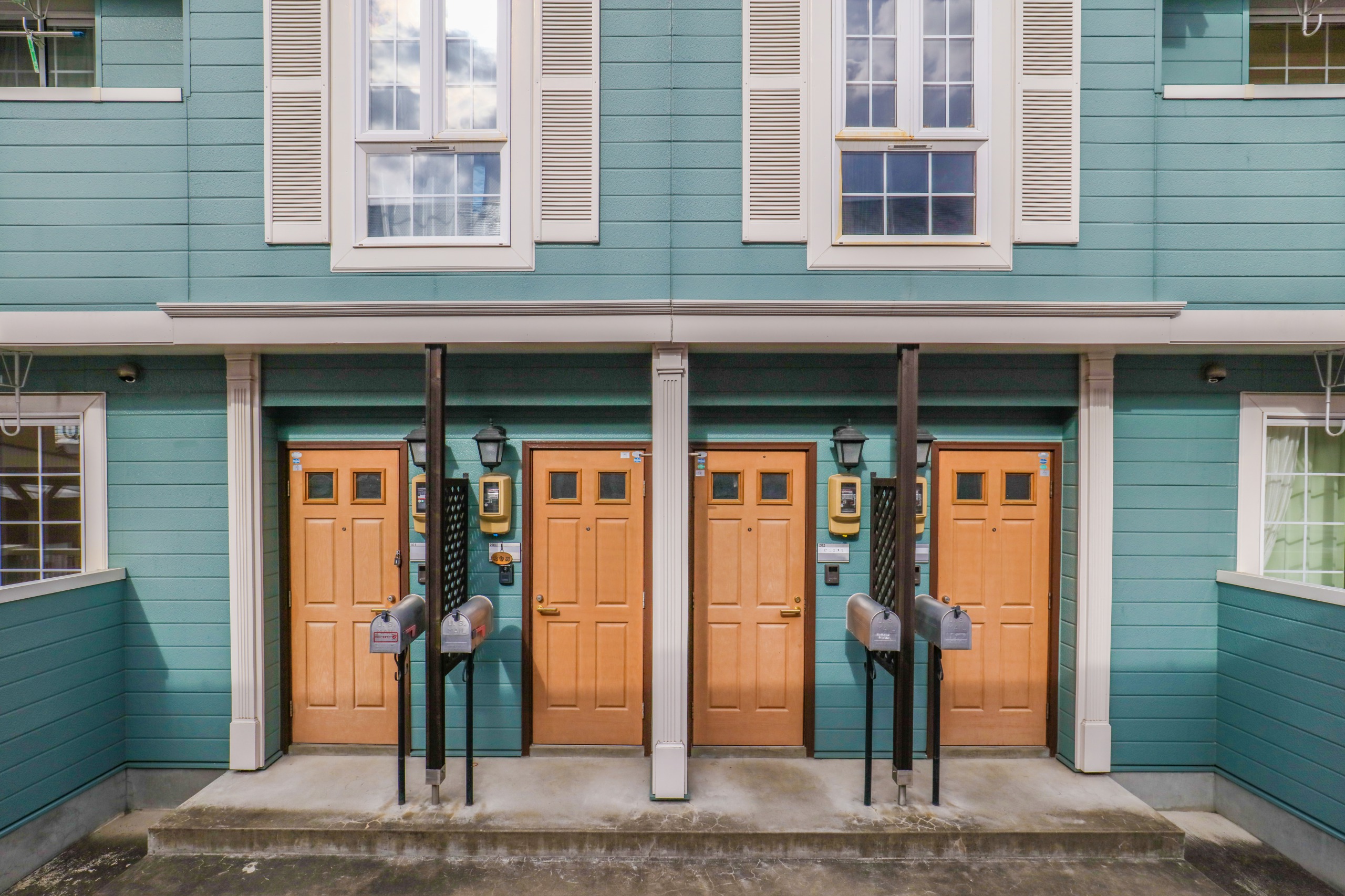
There are small villadom of petty bourgeoisie taste.
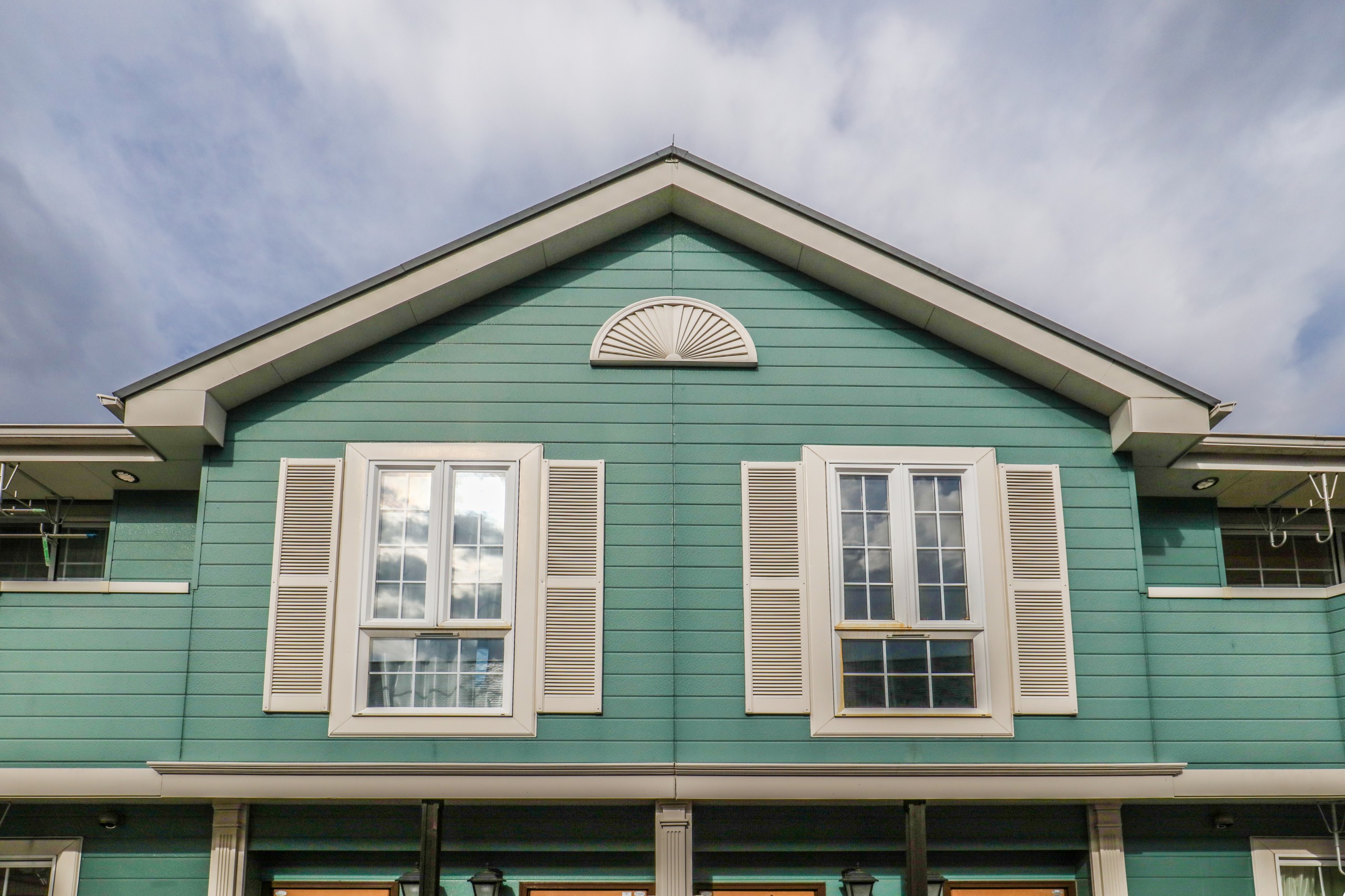
The roof of the villadom is also very exquisite.
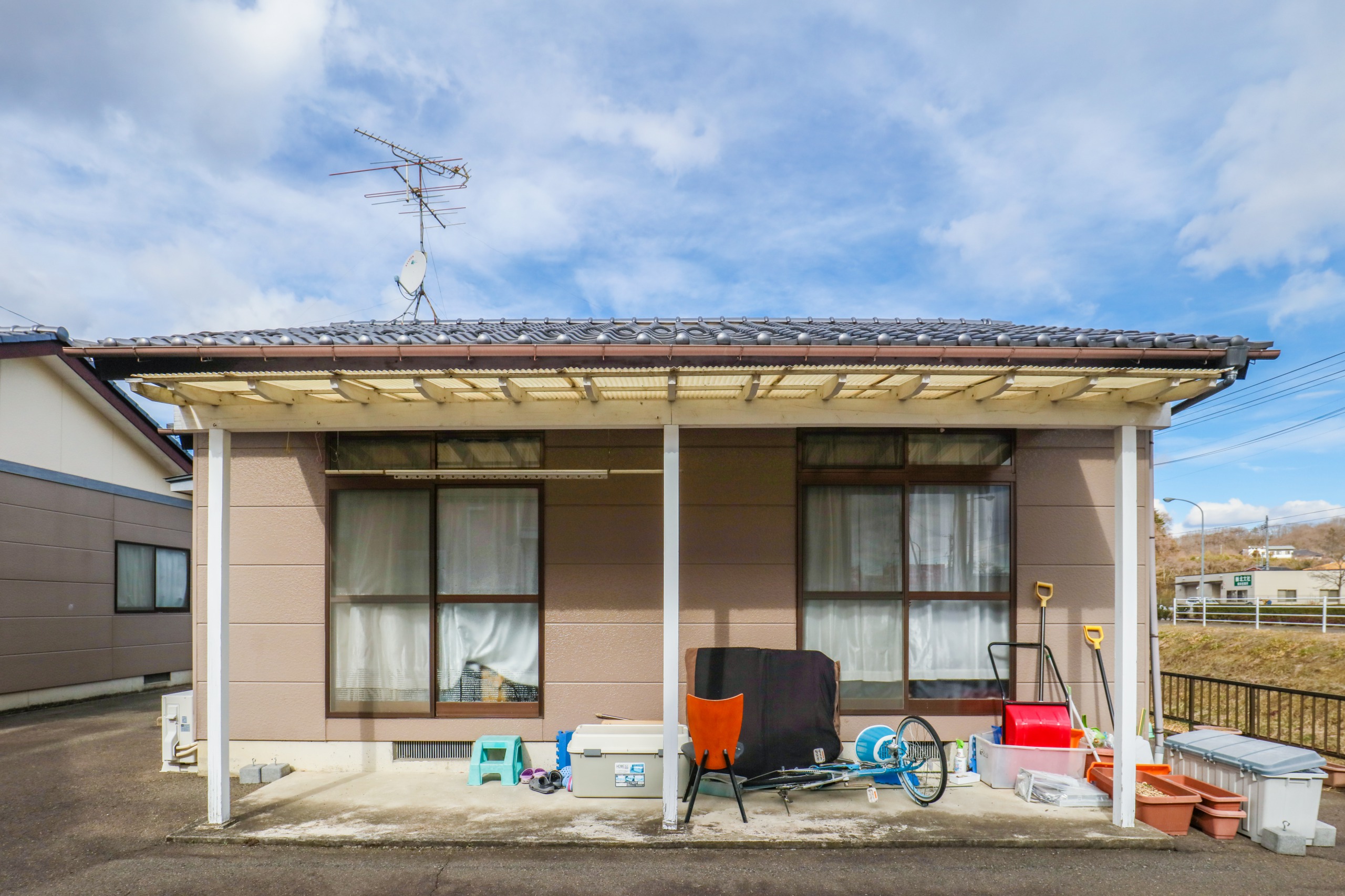
There are little buildings with thatched roofs. In sum, downtown Shibata is a great place to experience the diversity of Japanese architecture. The whole area reveals residents in Shibata are really international and open-minded.

